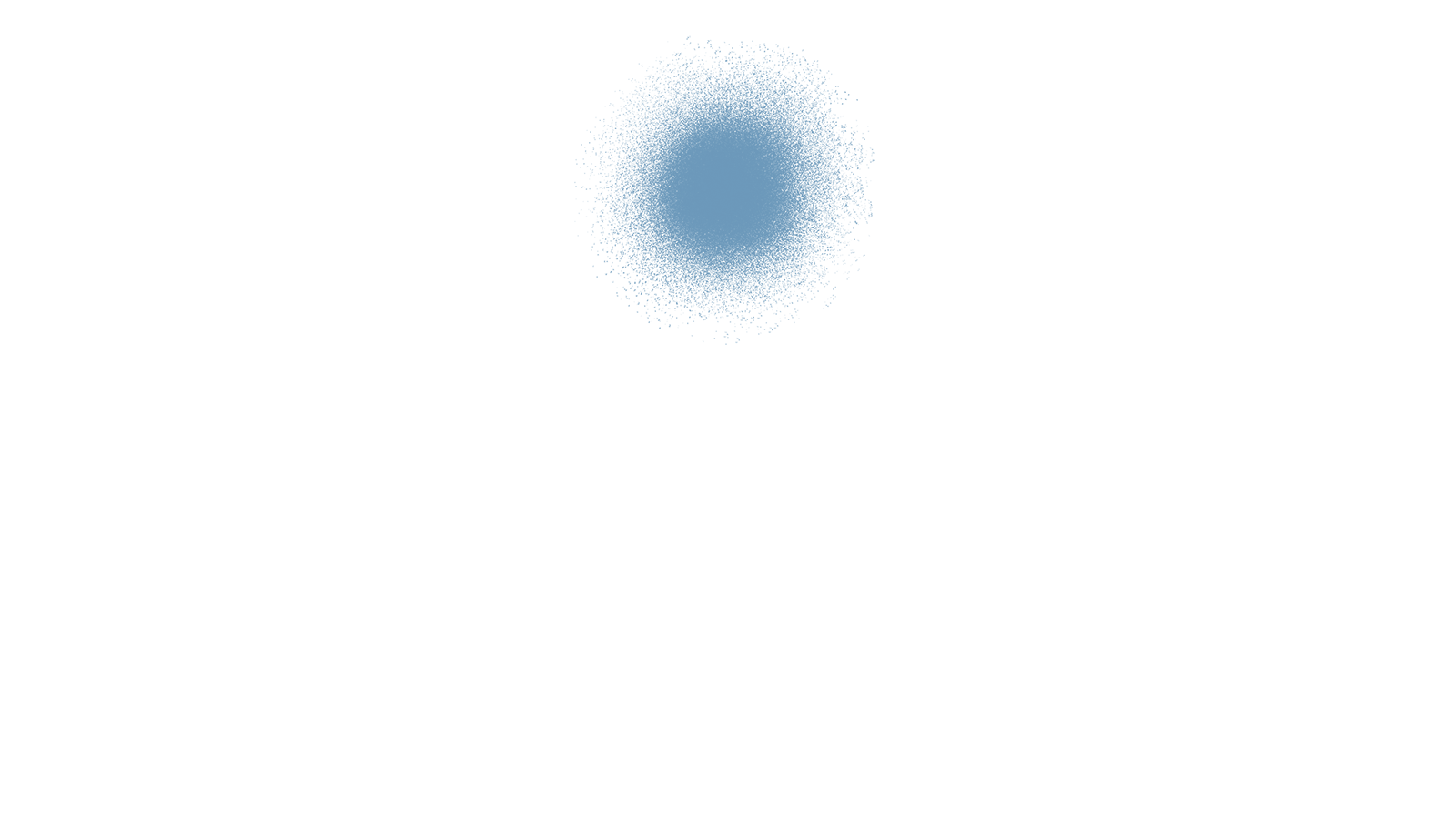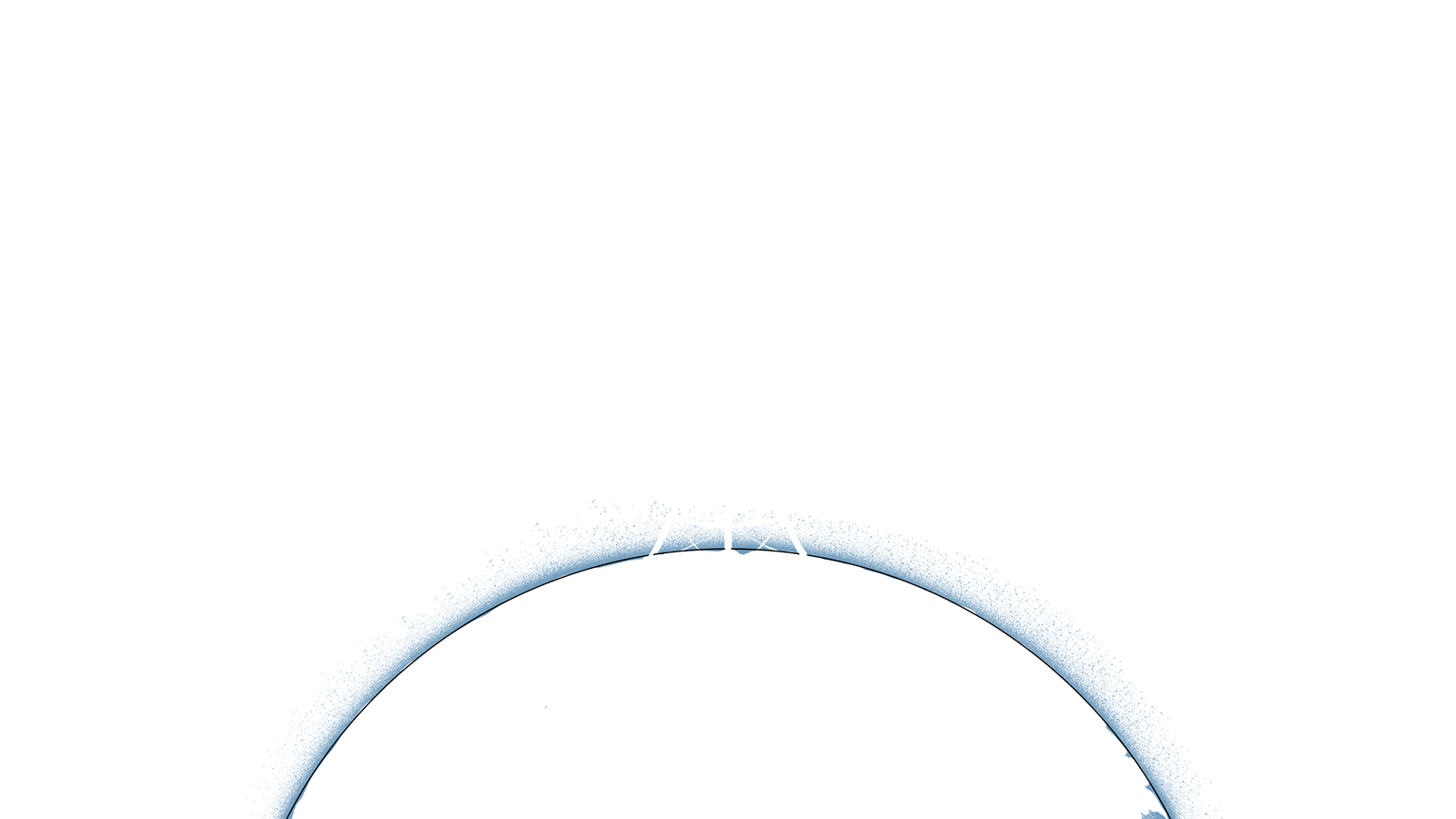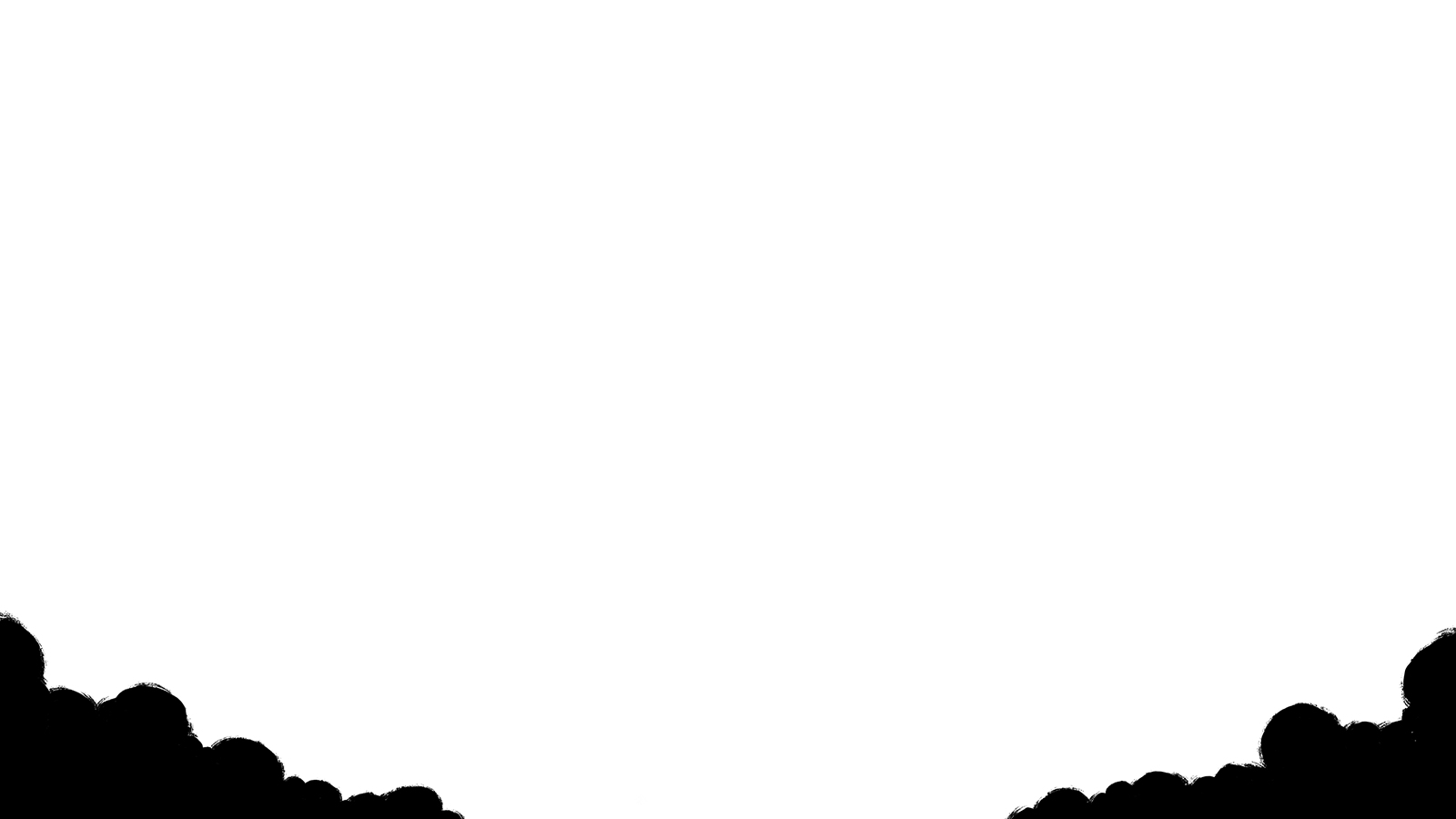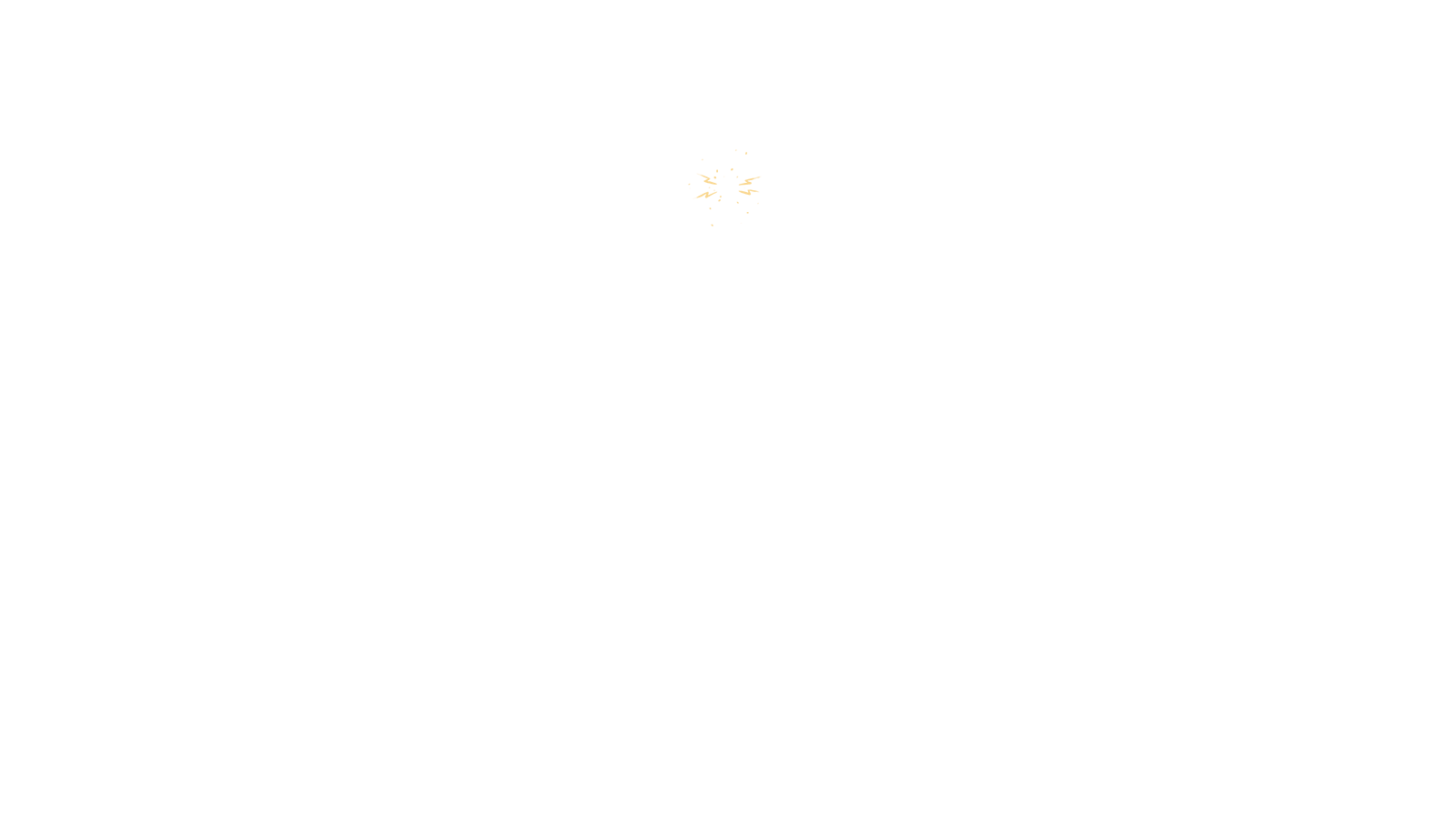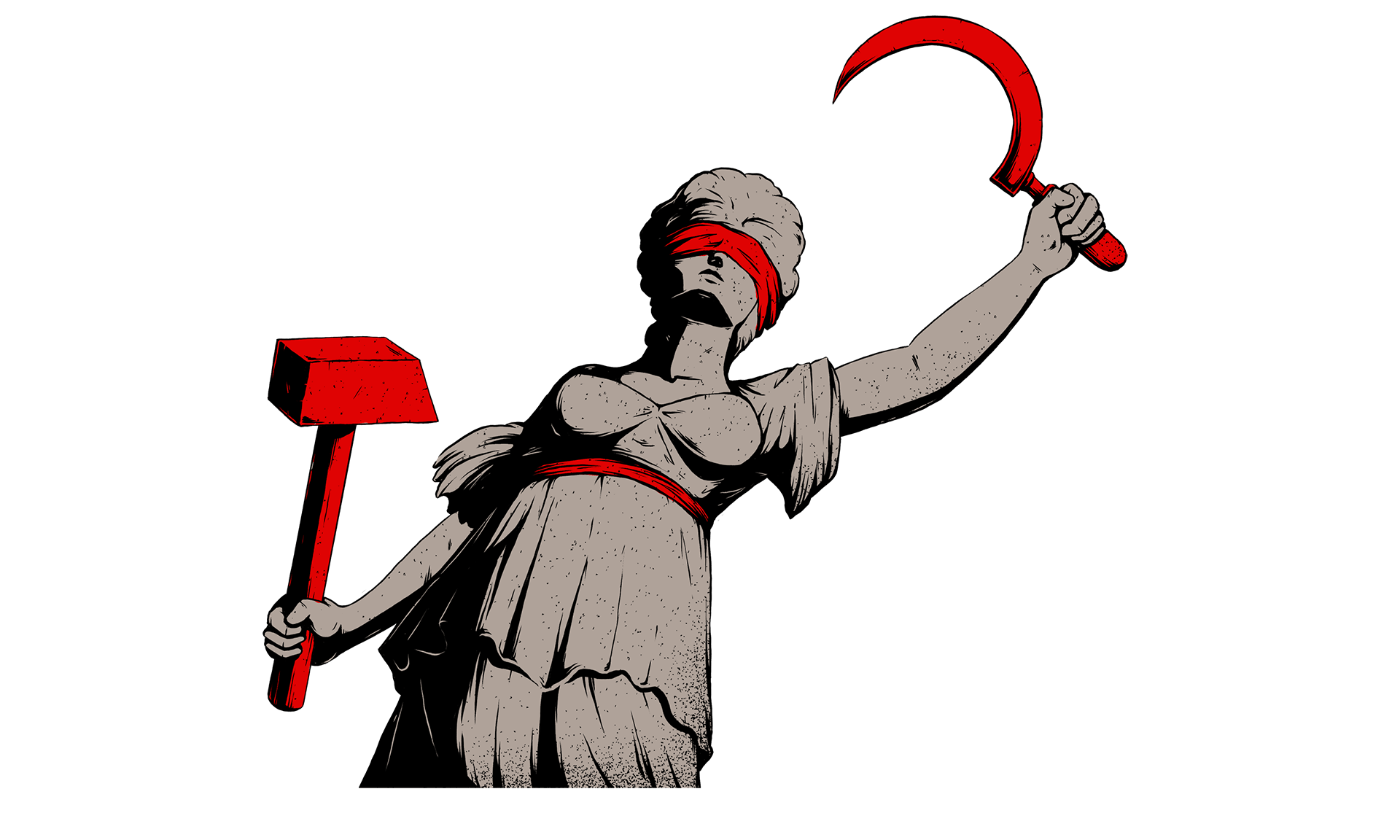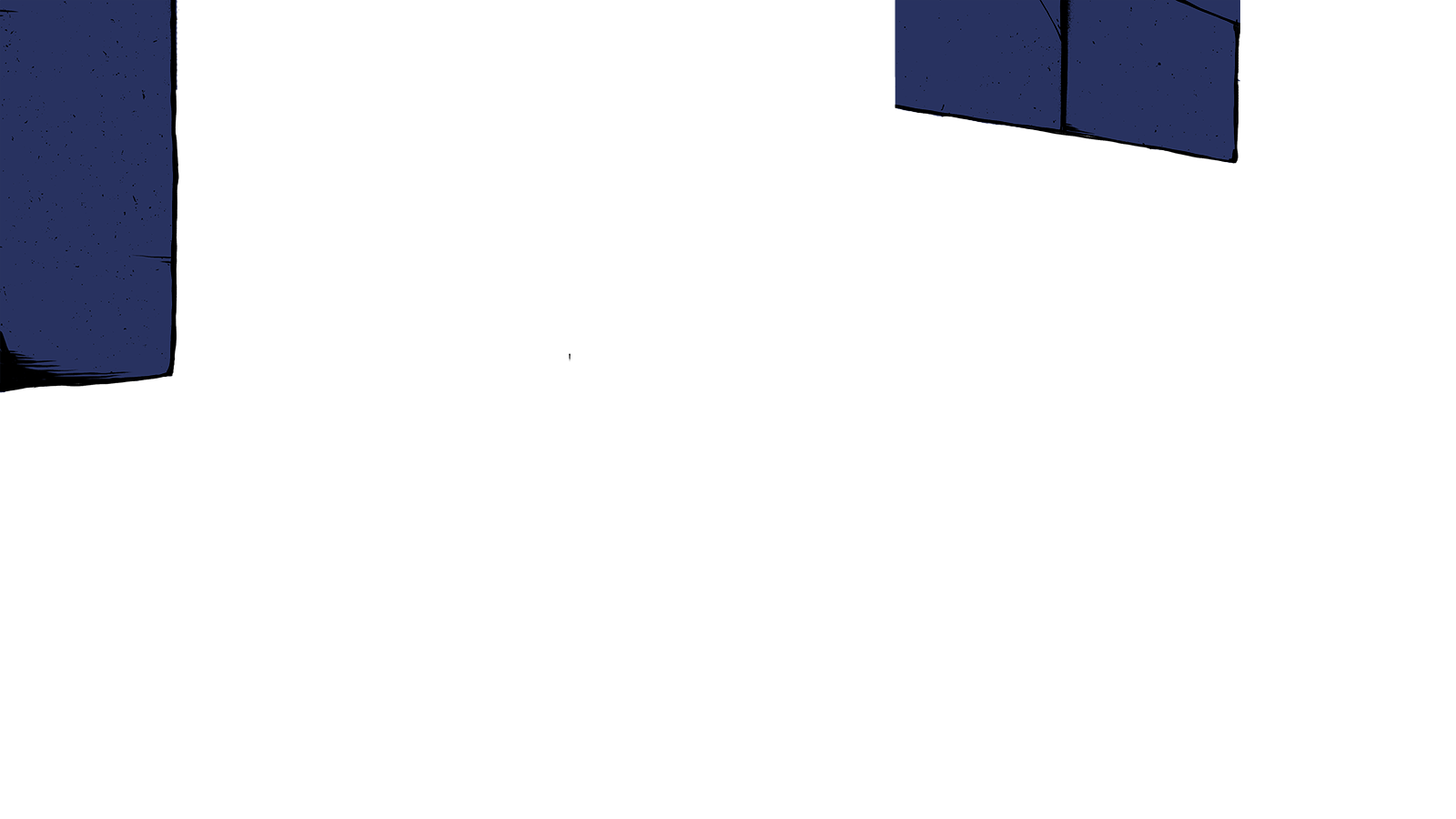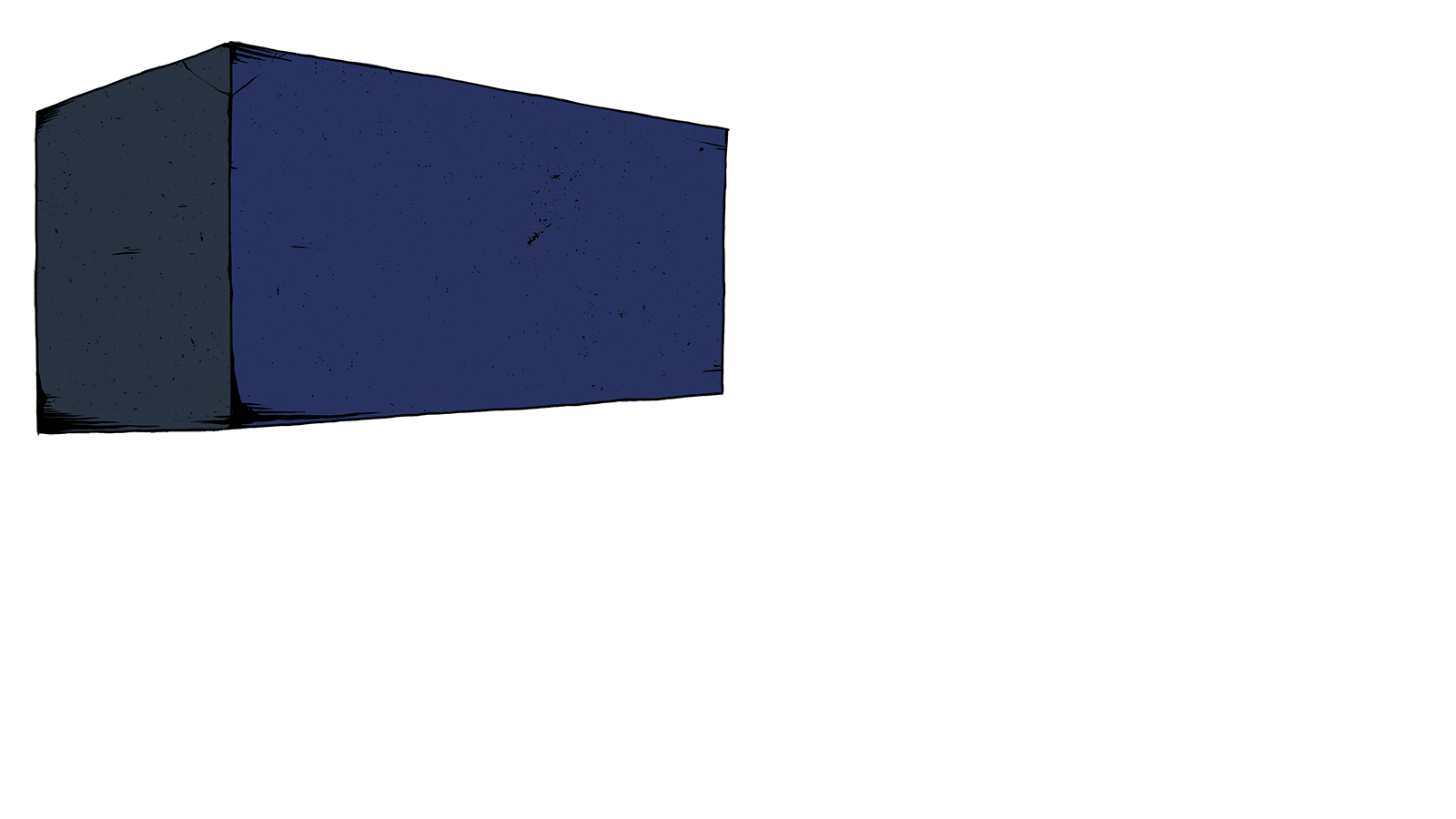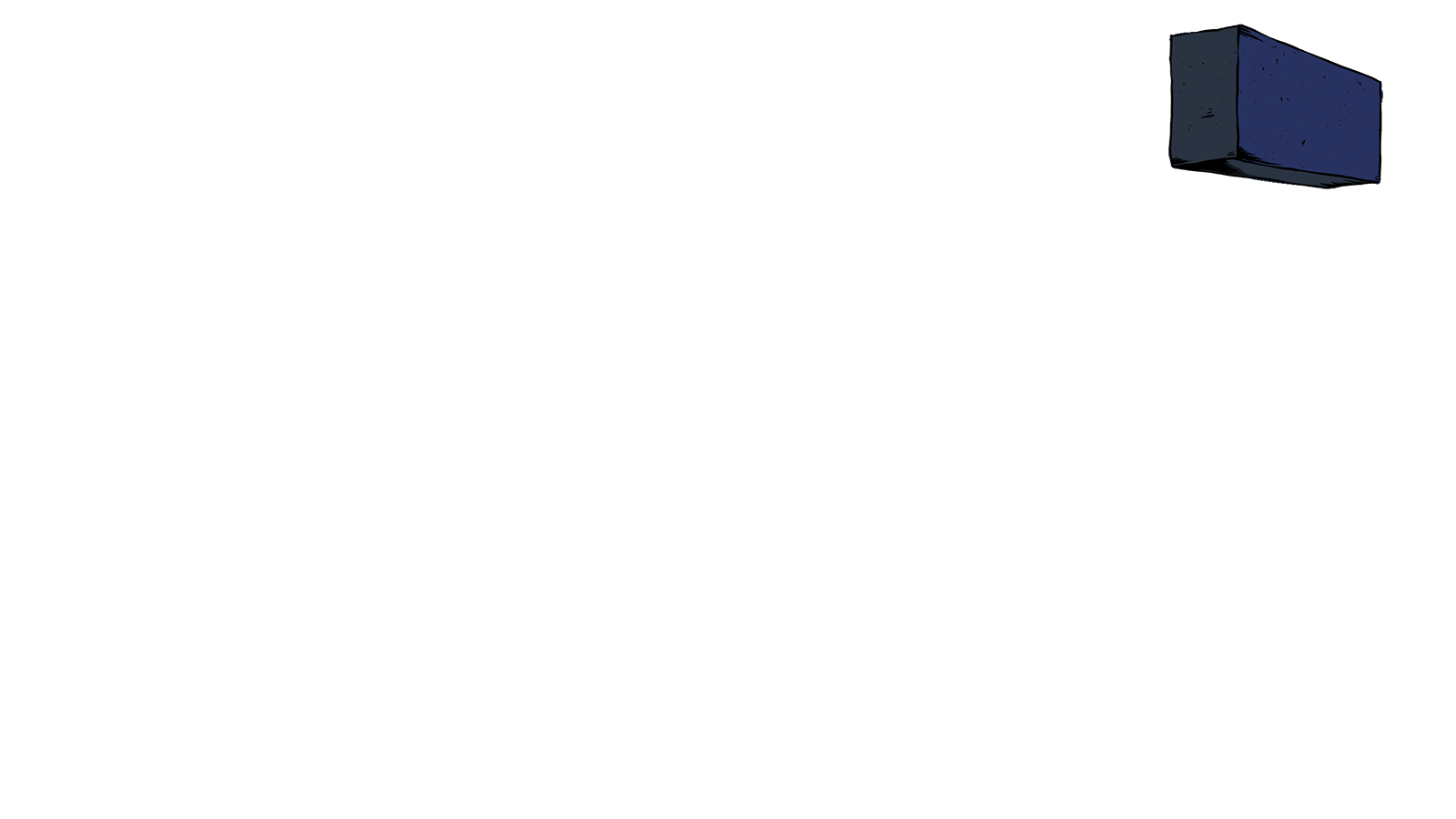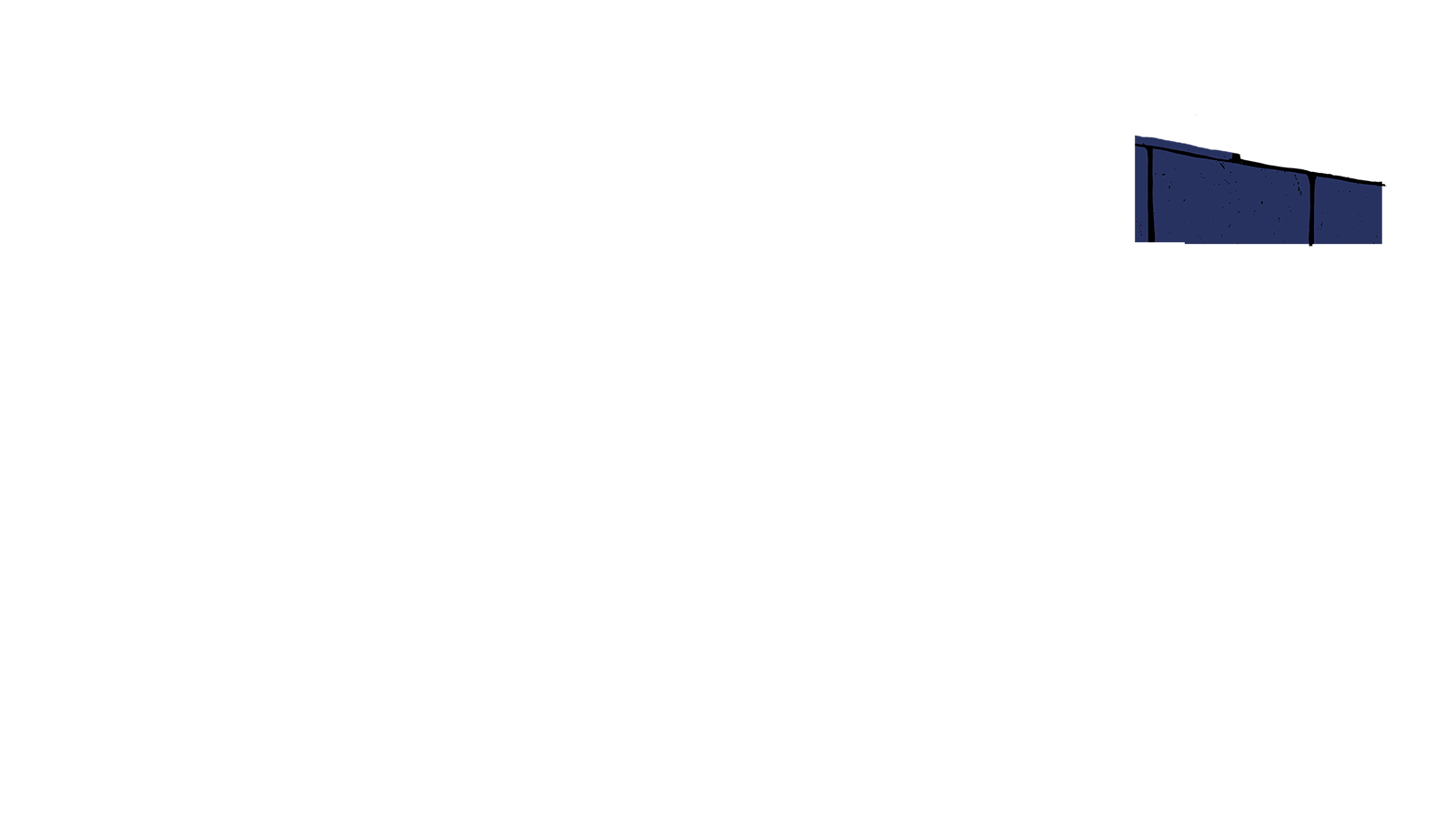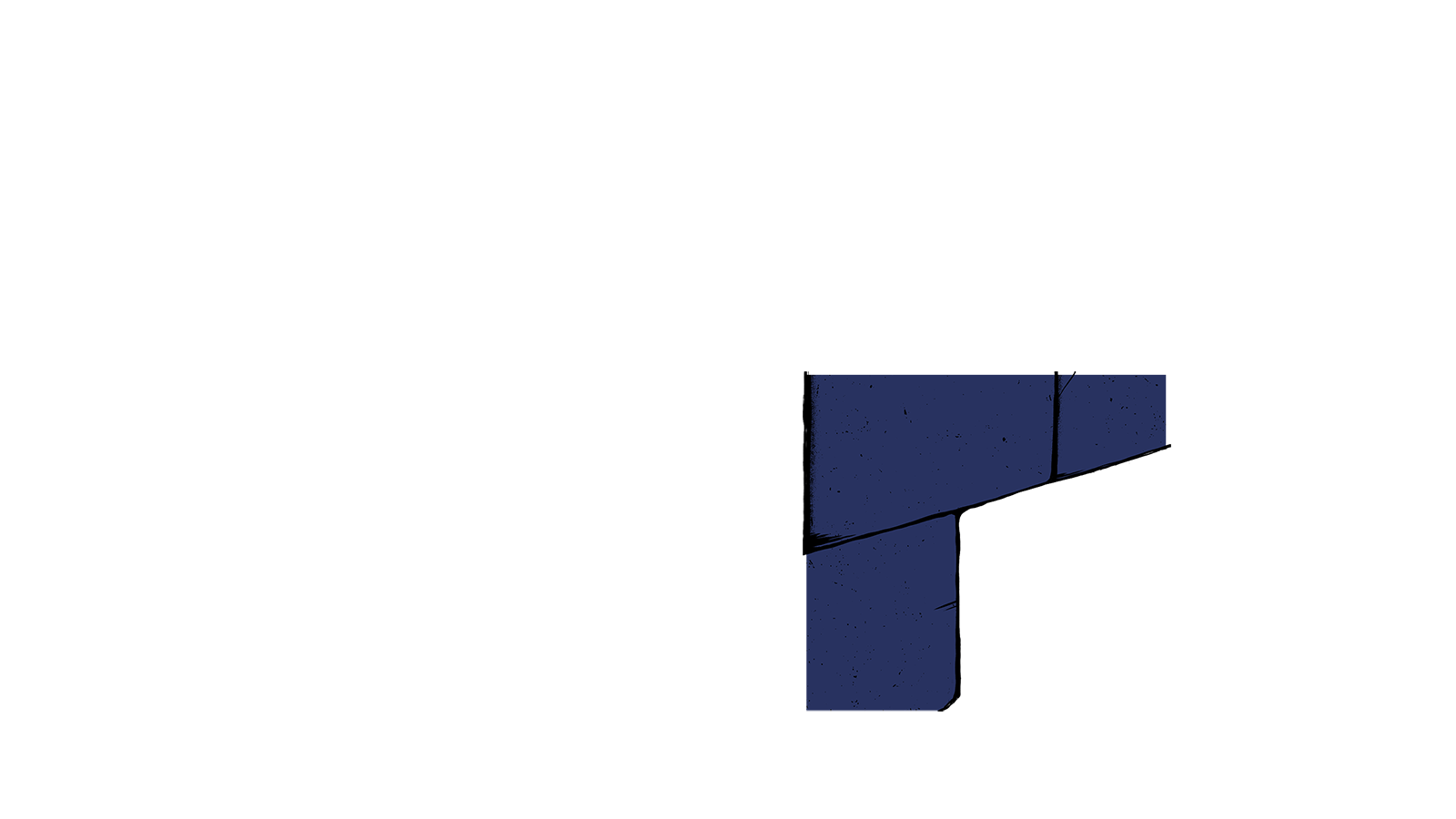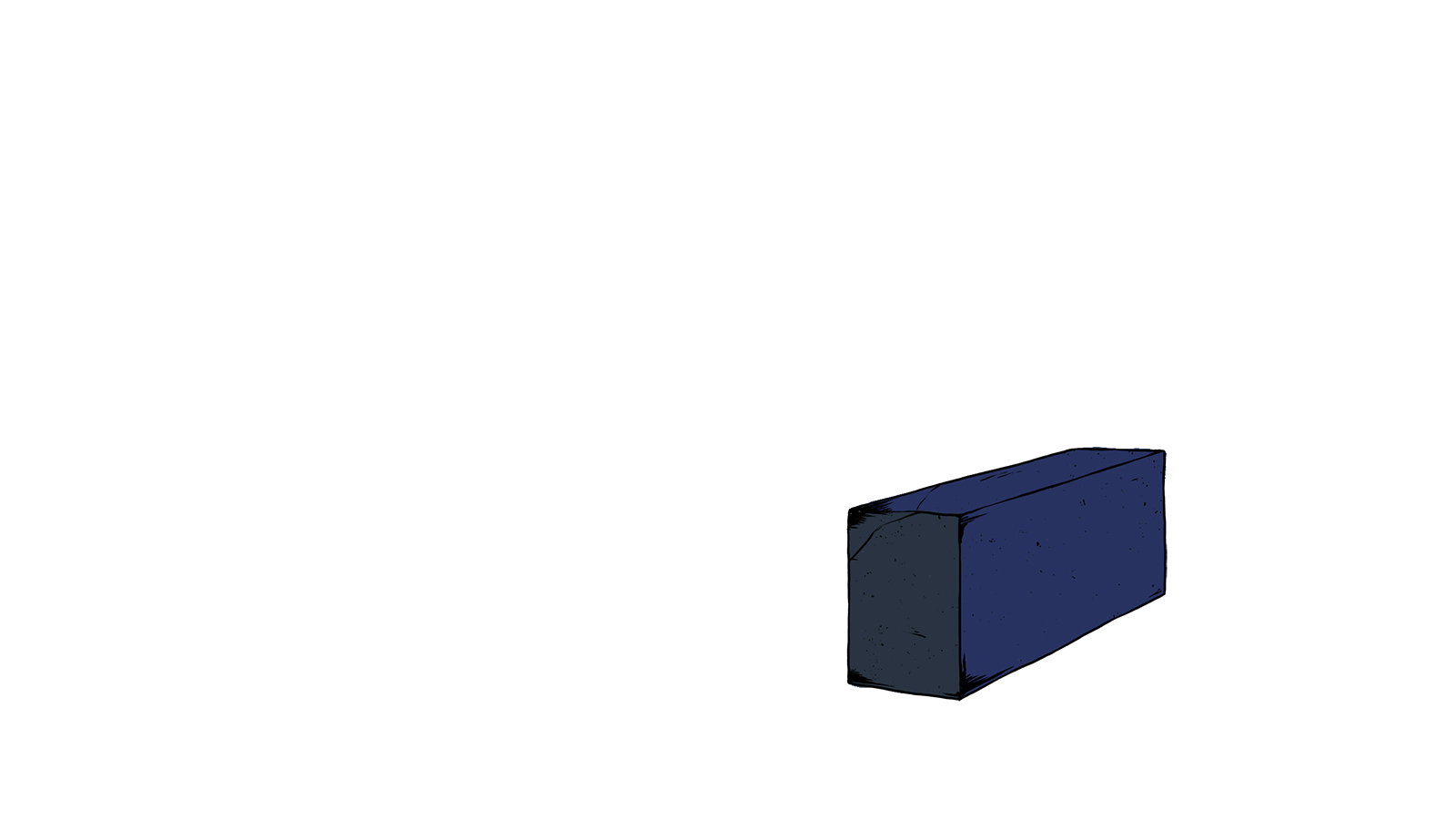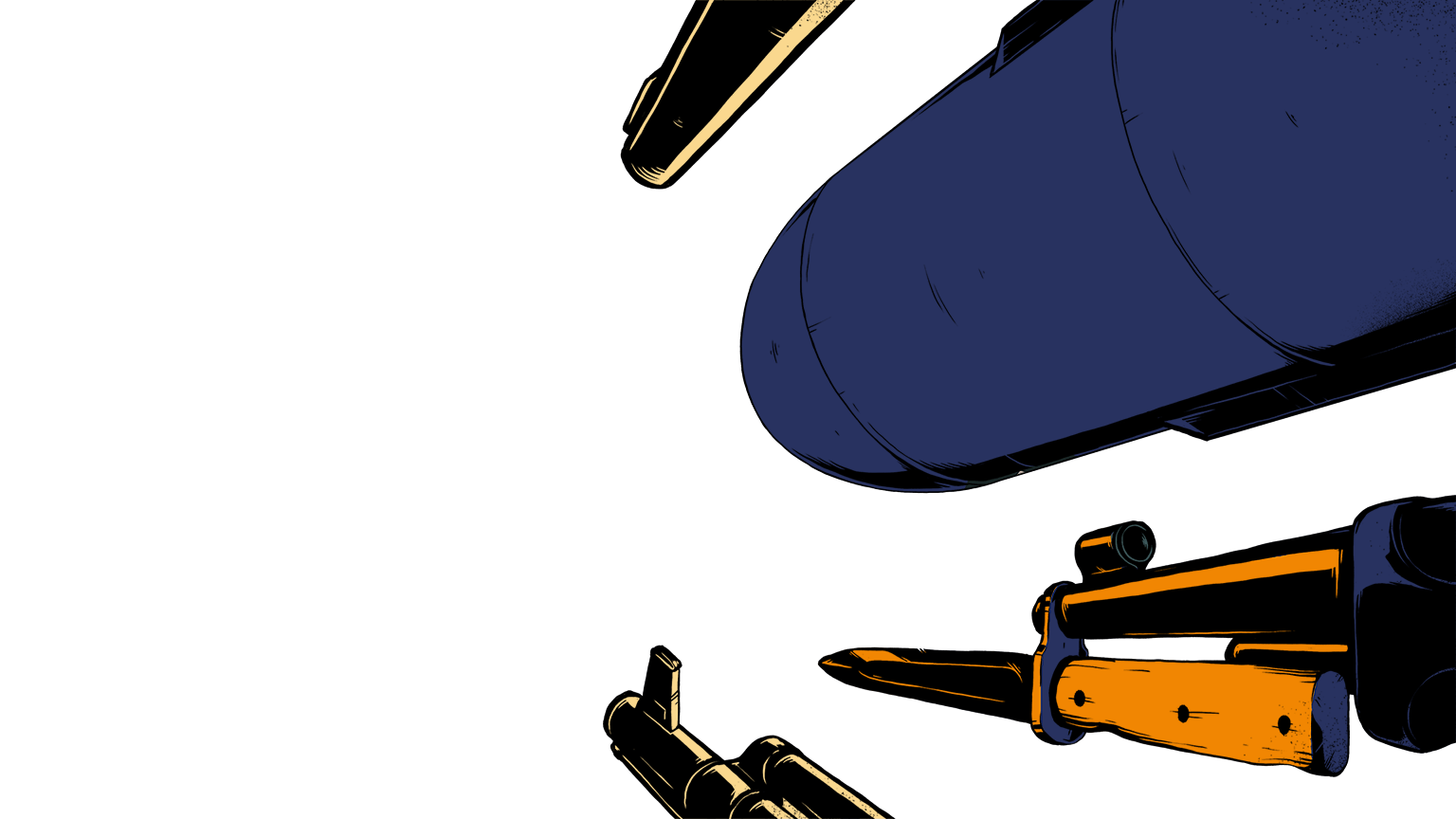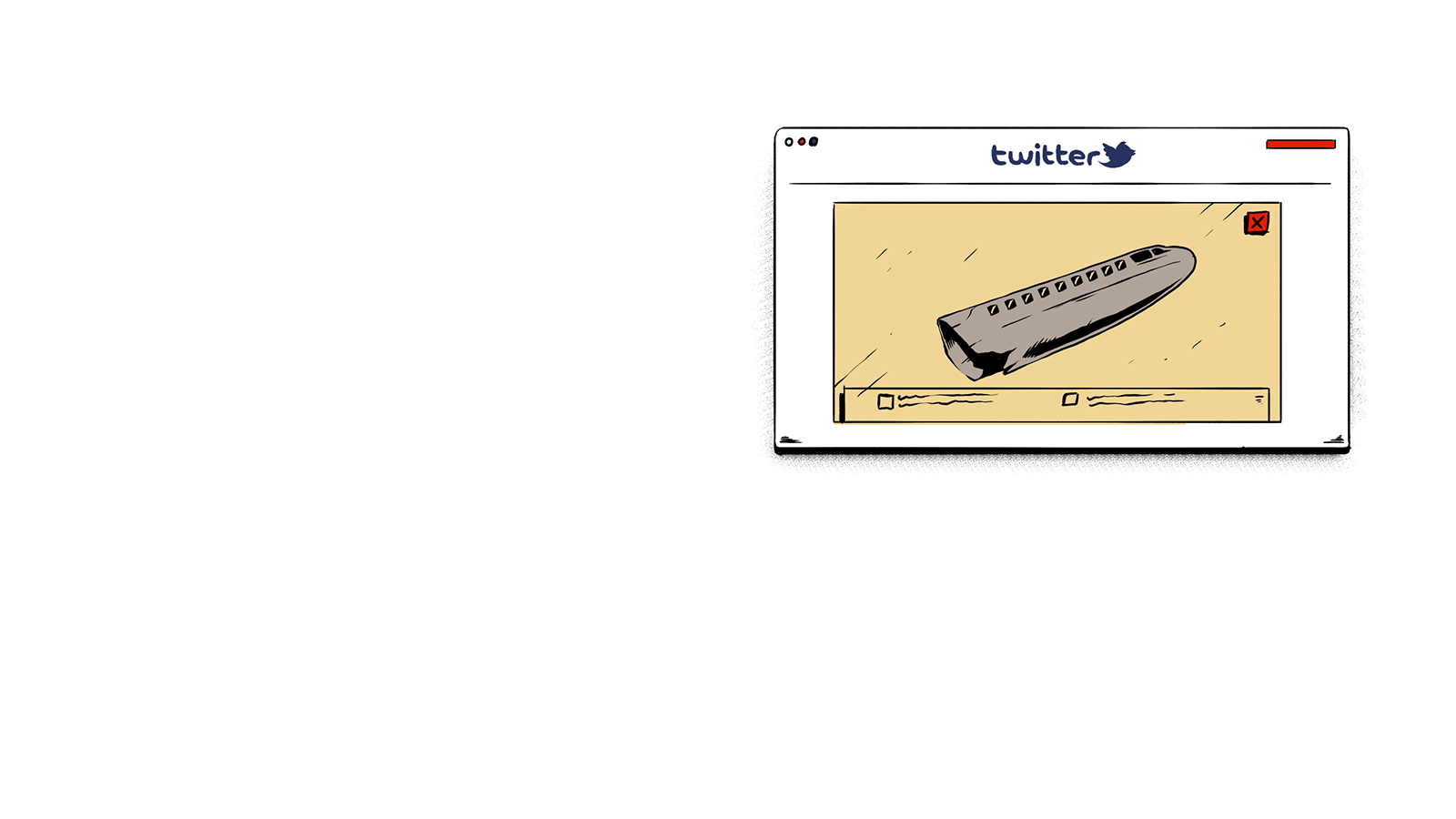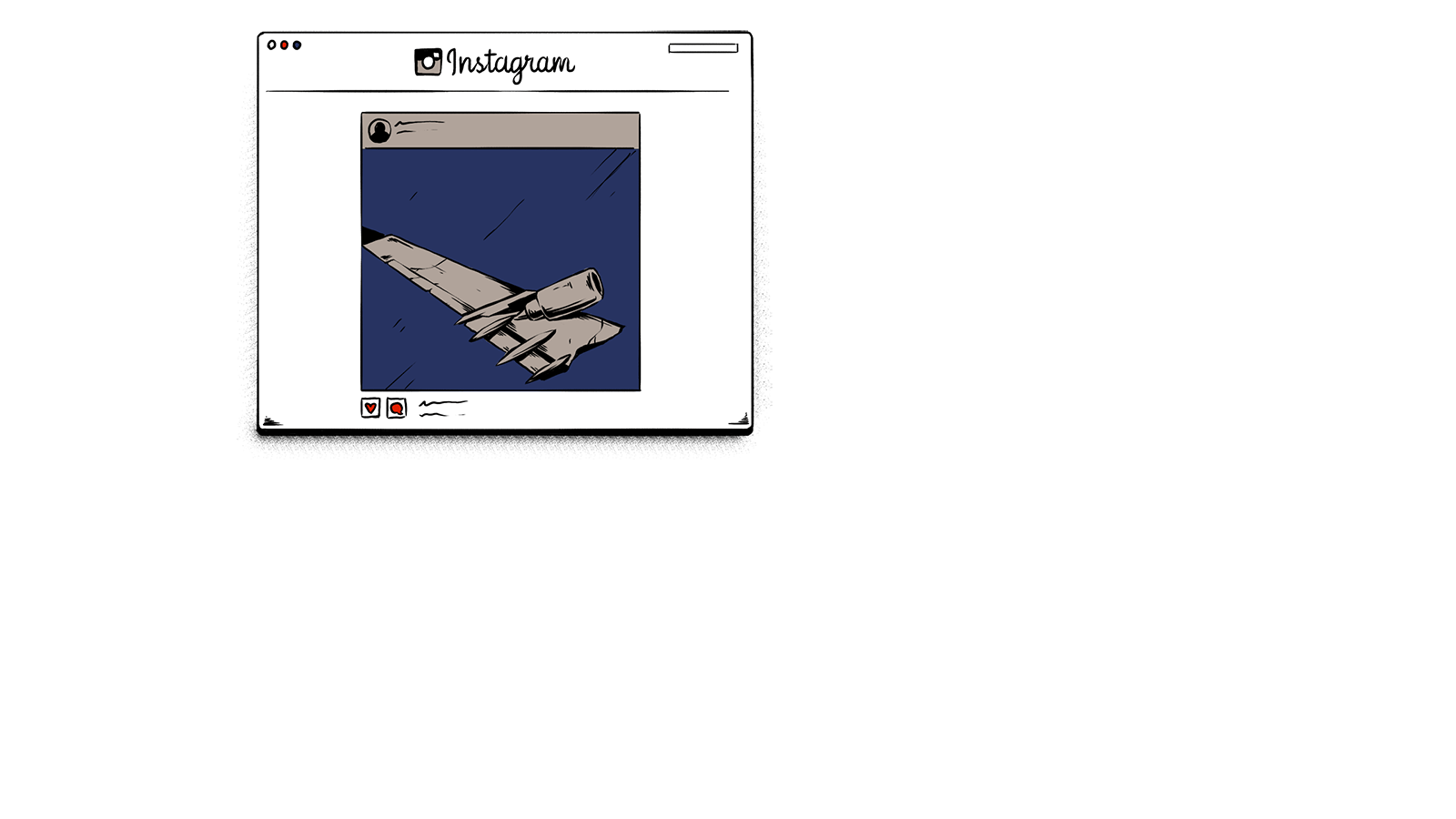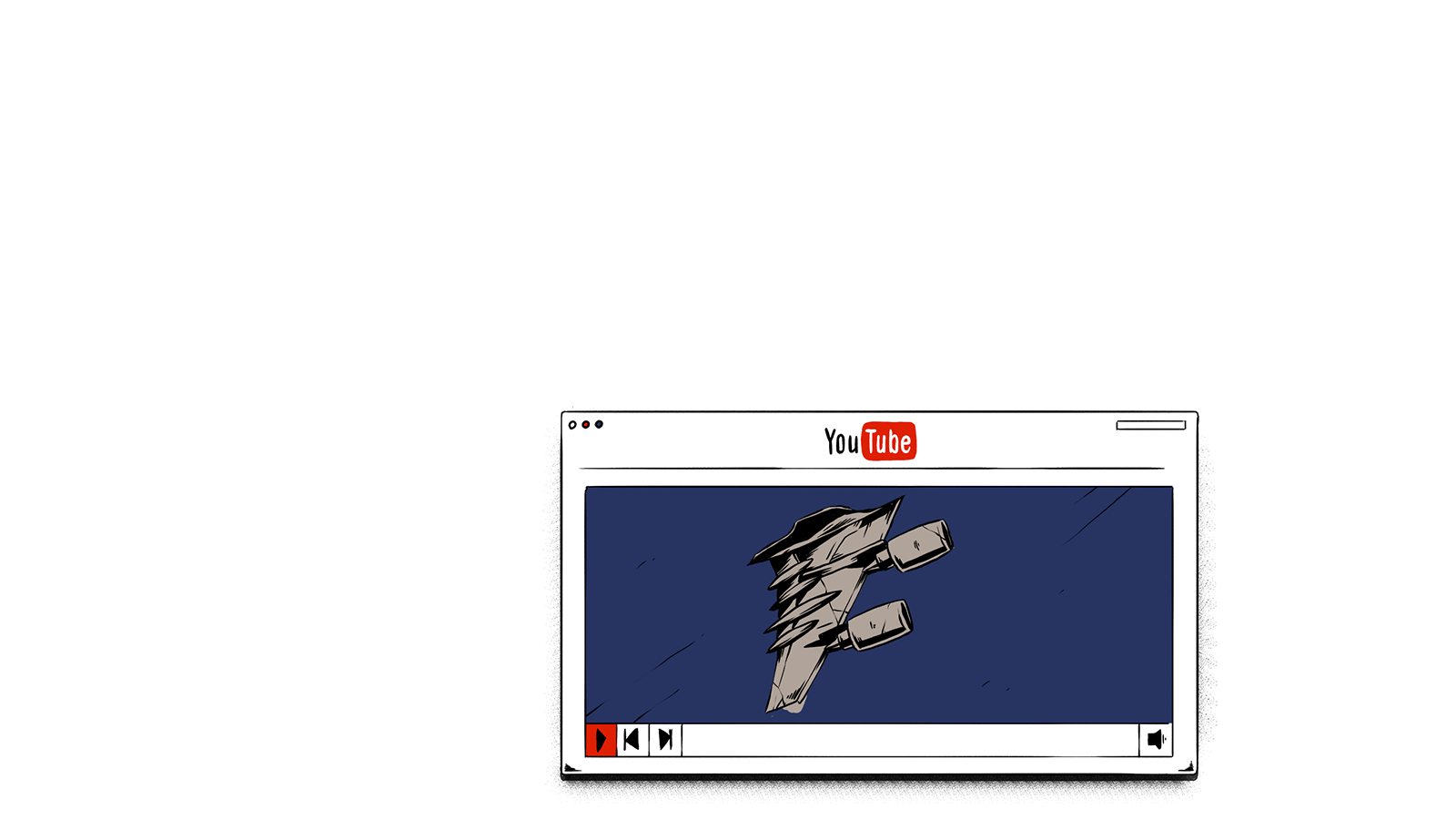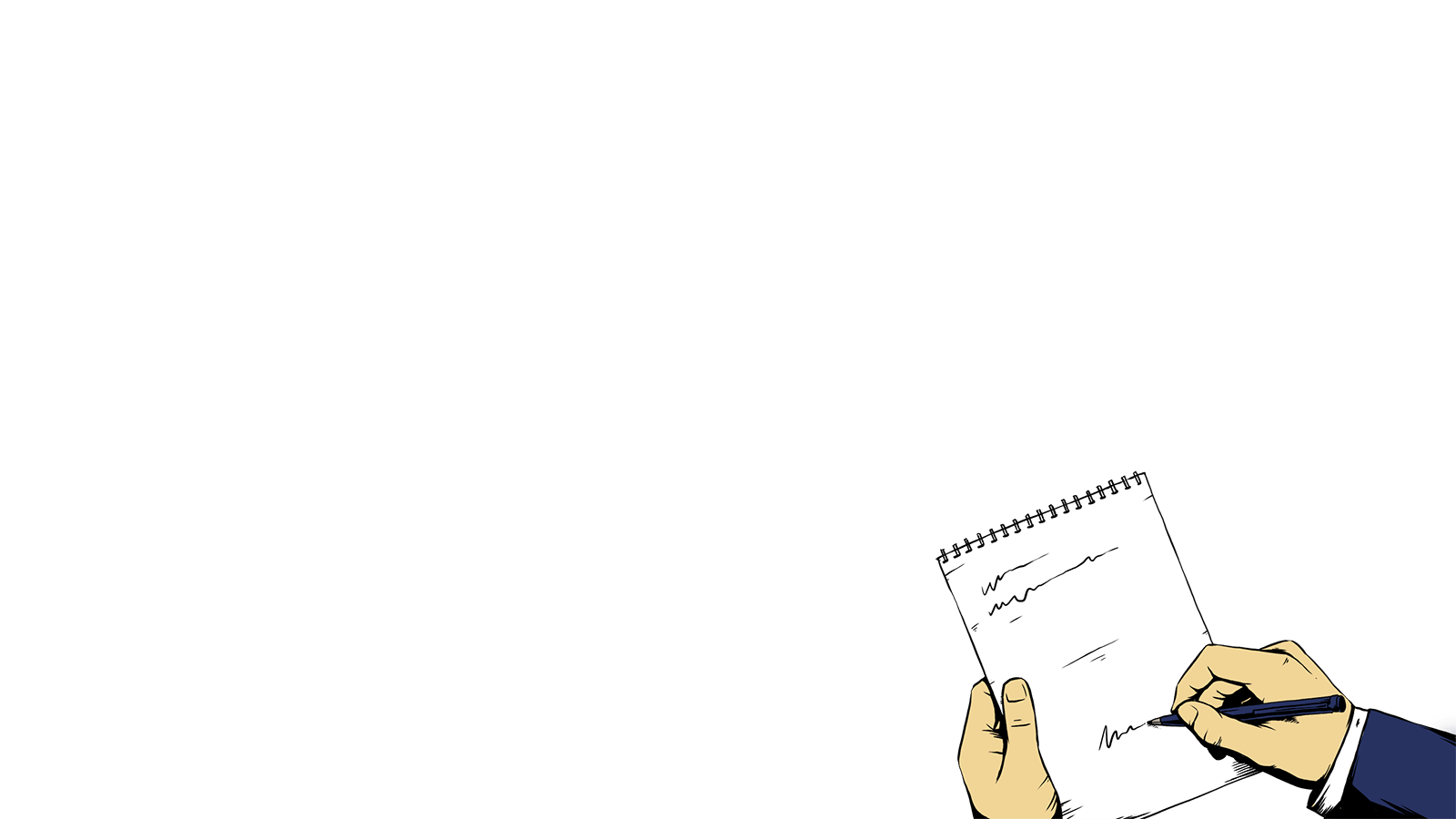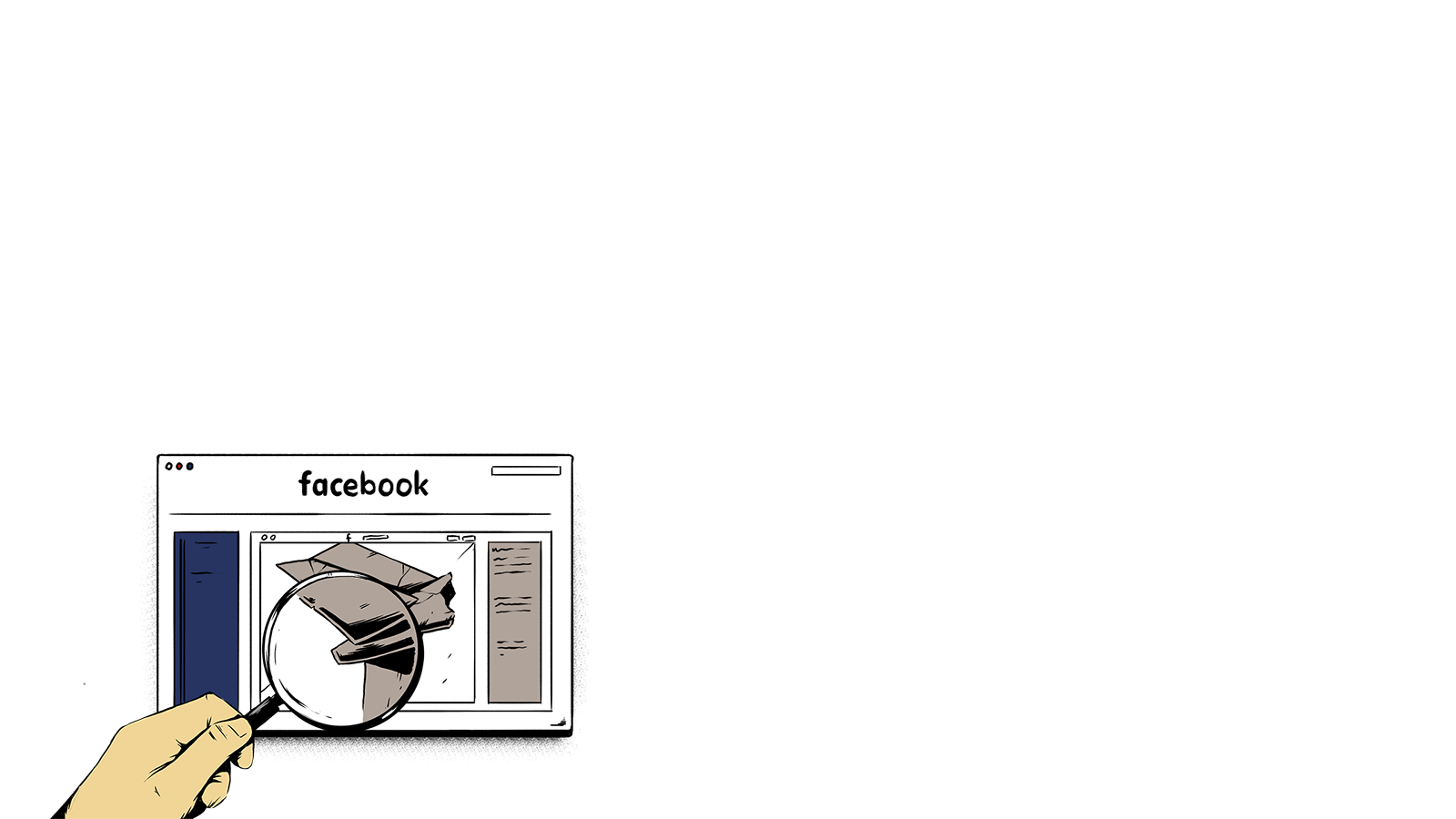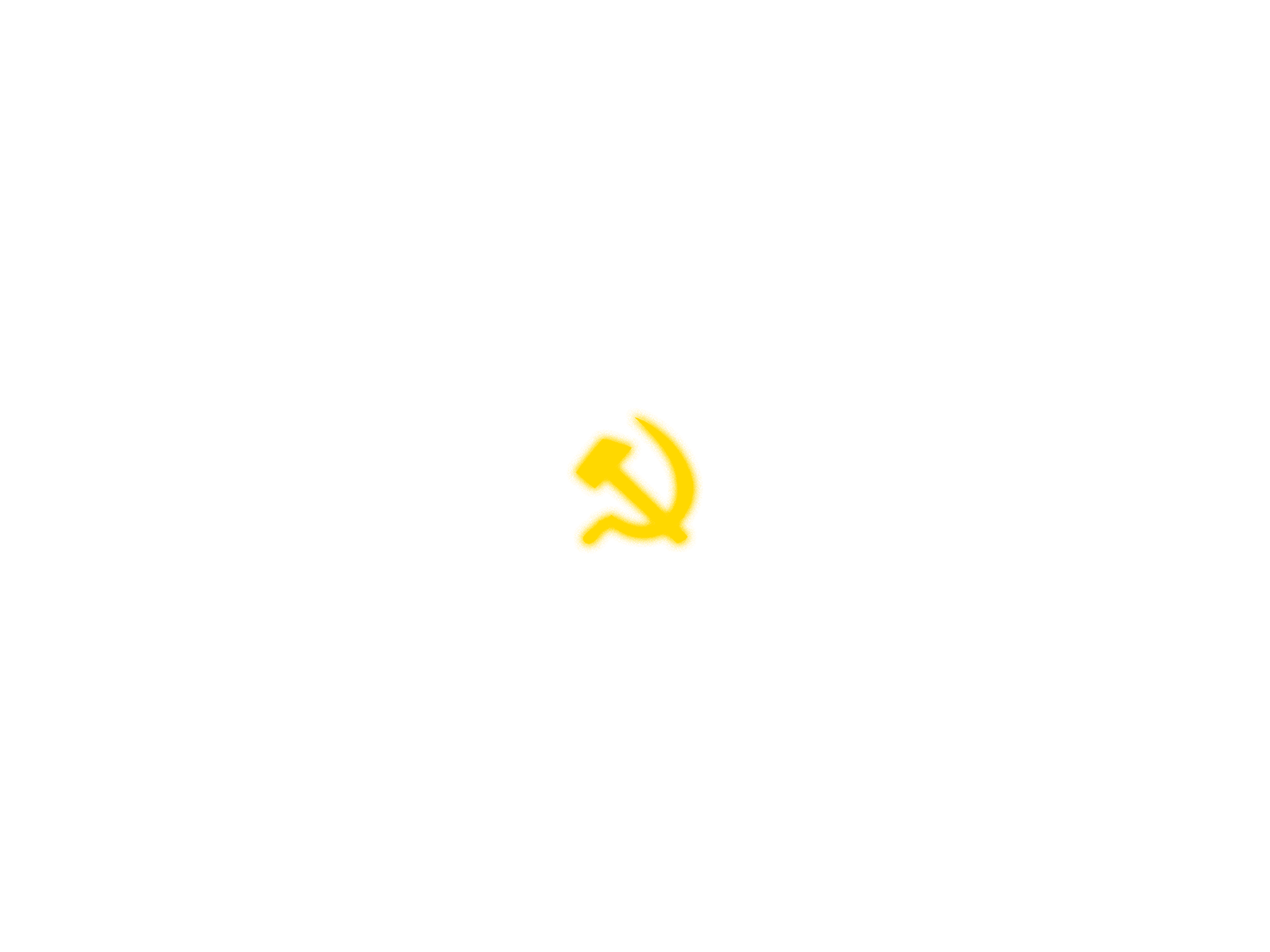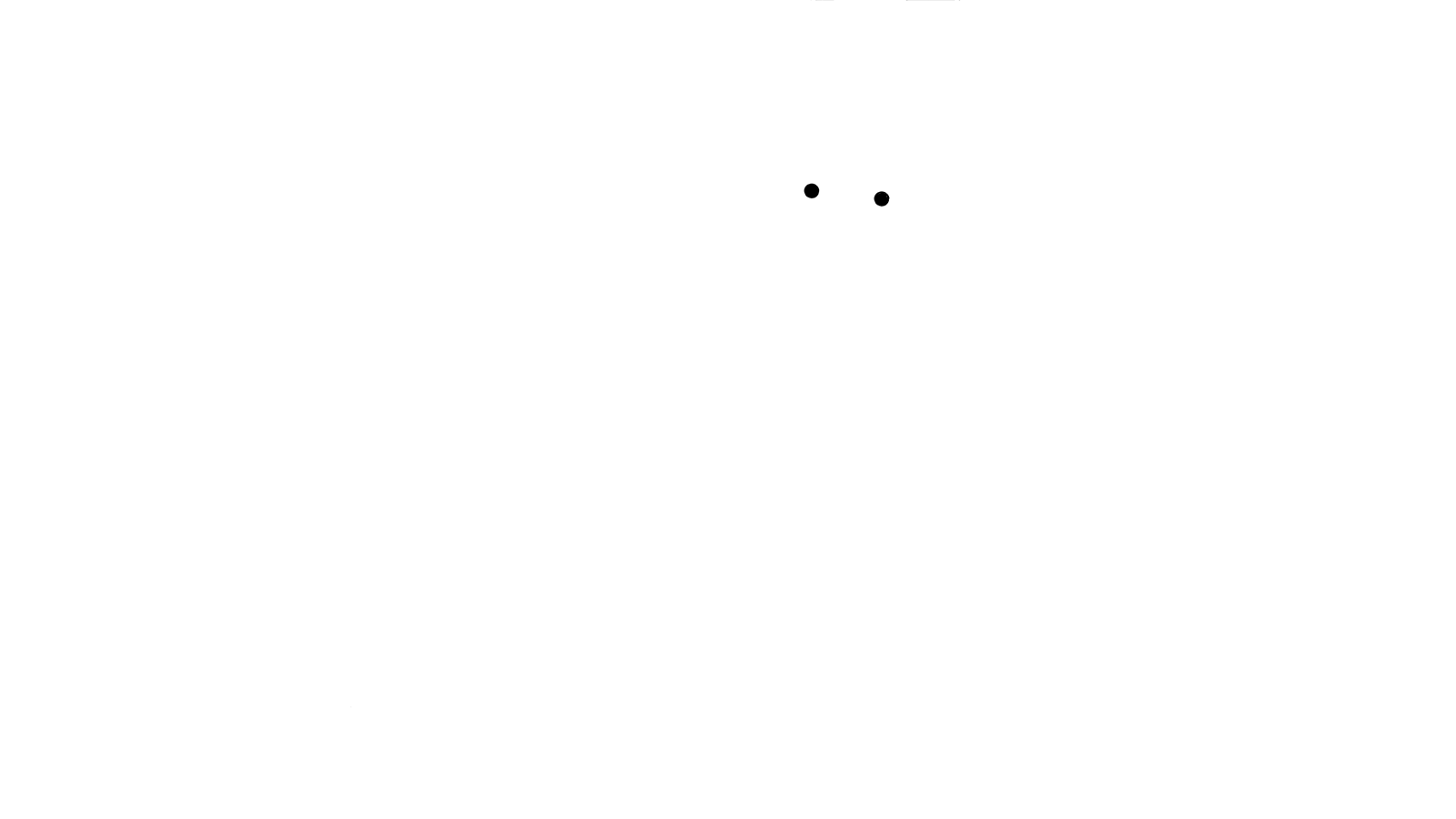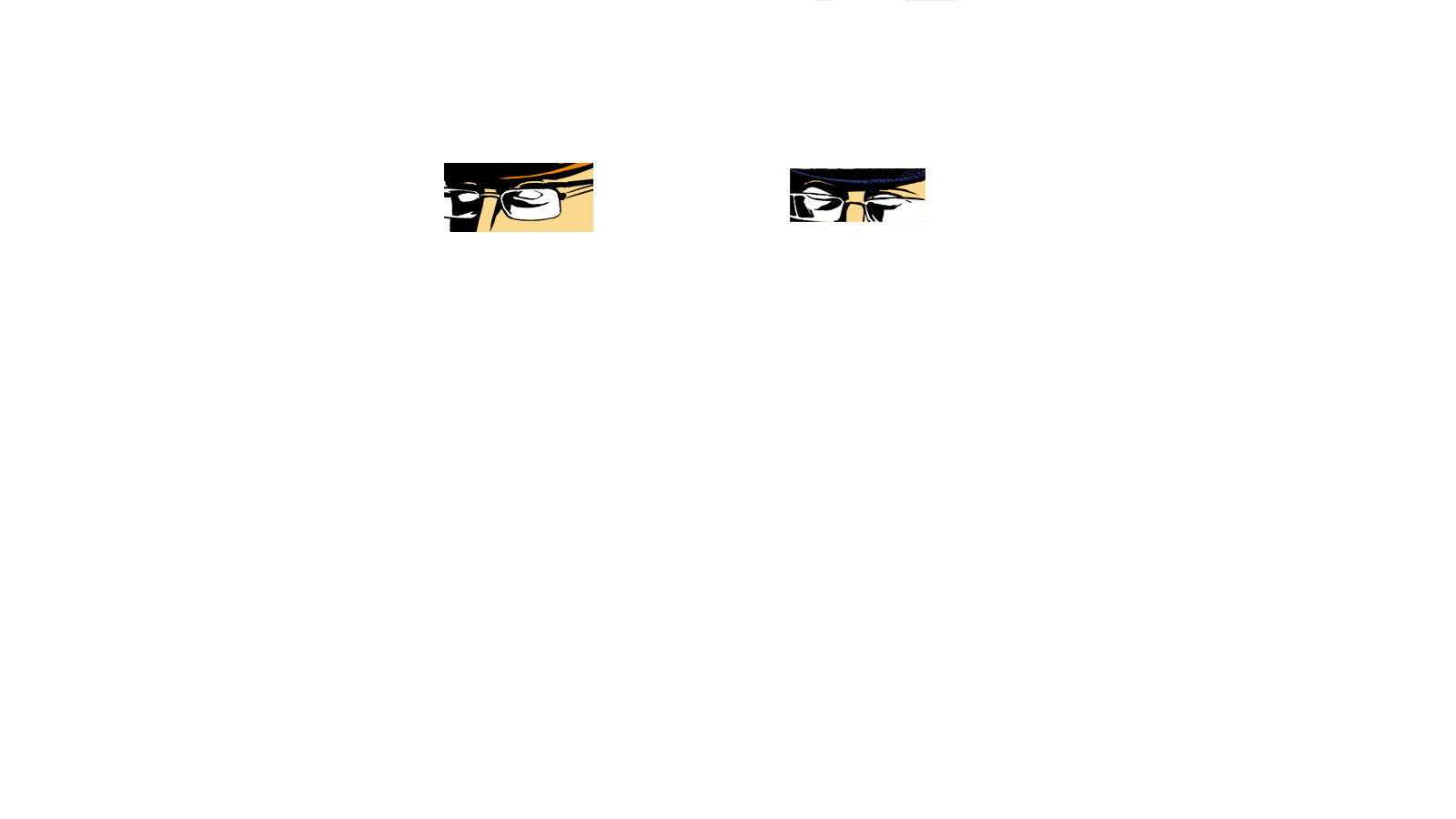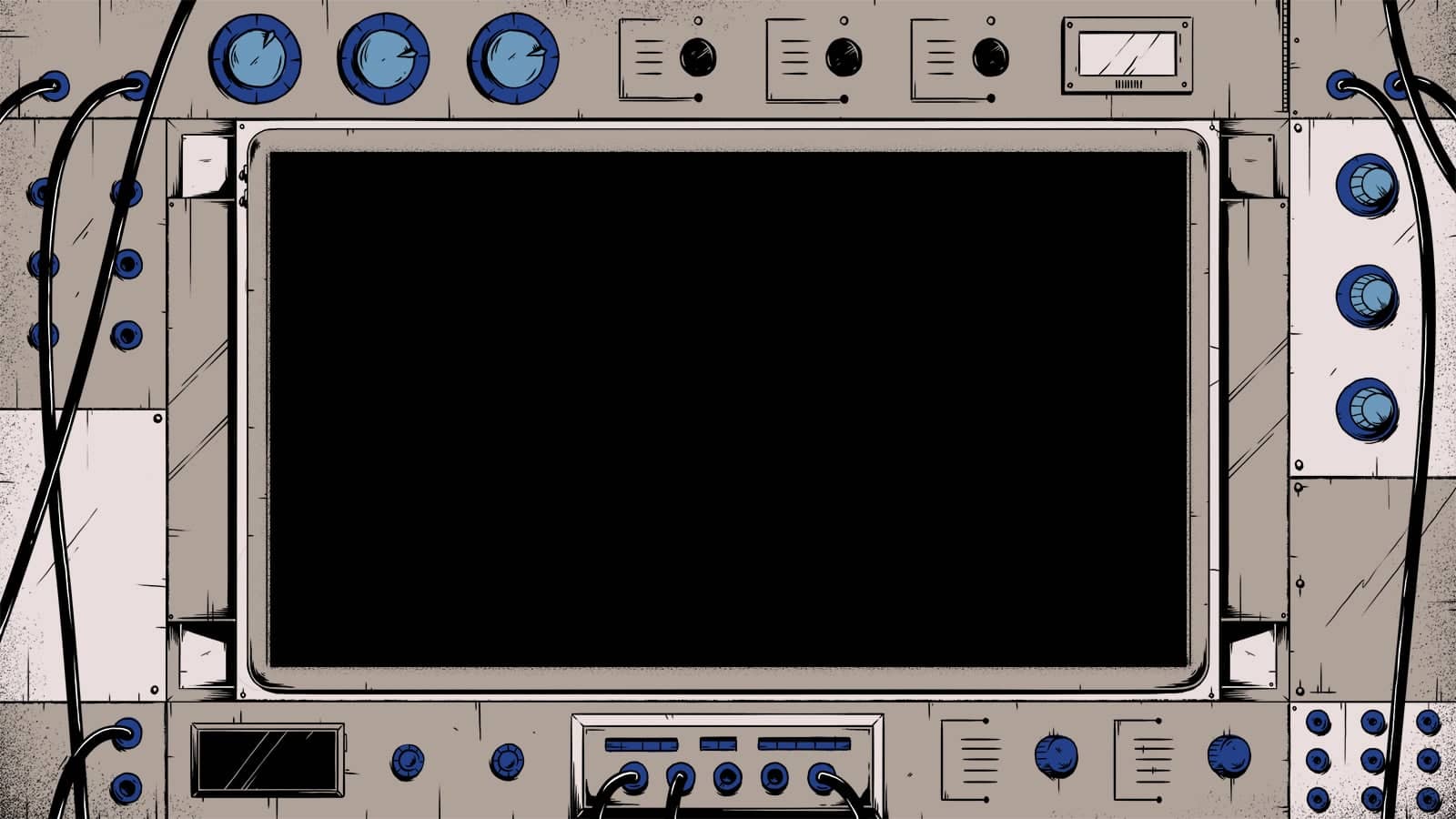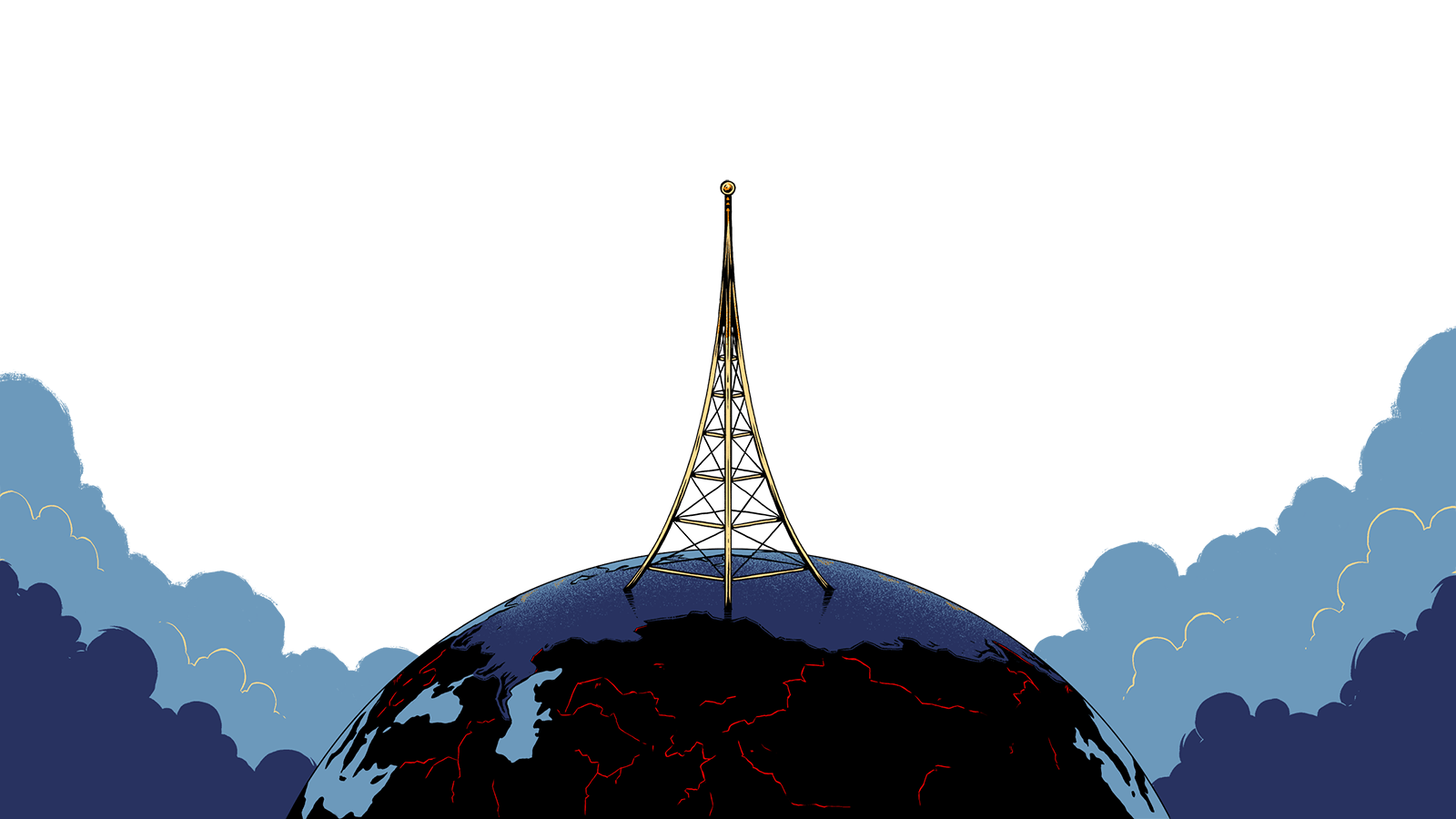
The Balance of Powers: A New Cold War
“This war does not for the moment involve men and arms, it involves information.”

The Cold War: a permanent state of military and ideological tension that gripped the world for half a century – a protracted fall out from the Second World War that saw the Soviet-backed Eastern Bloc vie for power with its western counterparts, controlled from Washington and London.
Both sides had formidable nuclear arsenals and in 1962, over 13 days, it seemed as if the world was hurtling toward armageddon. The Cuban government had asked their communist ally, the Soviet Union, to send them nuclear missiles.
The US, determined not to allow the presence of Soviet ballistics in their backyard, first threatened war on Cuba, then promised to sink the Soviet ships carrying the weapons.
The world watched open-mouthed as the ships sailed on towards the Caribbean island, until an 11th hour call from Moscow turned them back. An agreement was reached and the US promised never to invade Cuba. Nuclear war had been averted.
But nukes were not the only weapons in play. It emerged that the Soviets were harnessing the potential of smallpox as a biological weapon. Away from the planet, cosmonauts were pitted against astronauts in a global space race which served as a patriotic rallying call for both sides. And then there was espionage - the most fiercely fought part of the battle.
In the eastern corner was the KGB, the so-called “sword and shield” of the Soviet Union. In the western corner were their rivals, the intelligence agencies of the US (the CIA) and the British Secret Intelligence Service (SIS, or MI6), among others.
Spies stalked the shadows, using whatever means they could to snoop on the enemy. Some were double, even triple agents. People could disappear at the click of a finger. Nobody trusted anybody and the frontiers of this war stretched from Cuba to the Korean peninsula, leaving countries and cities divided.
On 13 August 1961 the residents living in the west of Germany’s capital Berlin went to sleep as normal only to wake finding a wall encircling them – the East German authorities wanted to stop their citizens defecting to the west. The Wall’s Checkpoint Charlie became a striking, physical representation of the Iron Curtain, and a flashpoint for tensions over the next three decades.
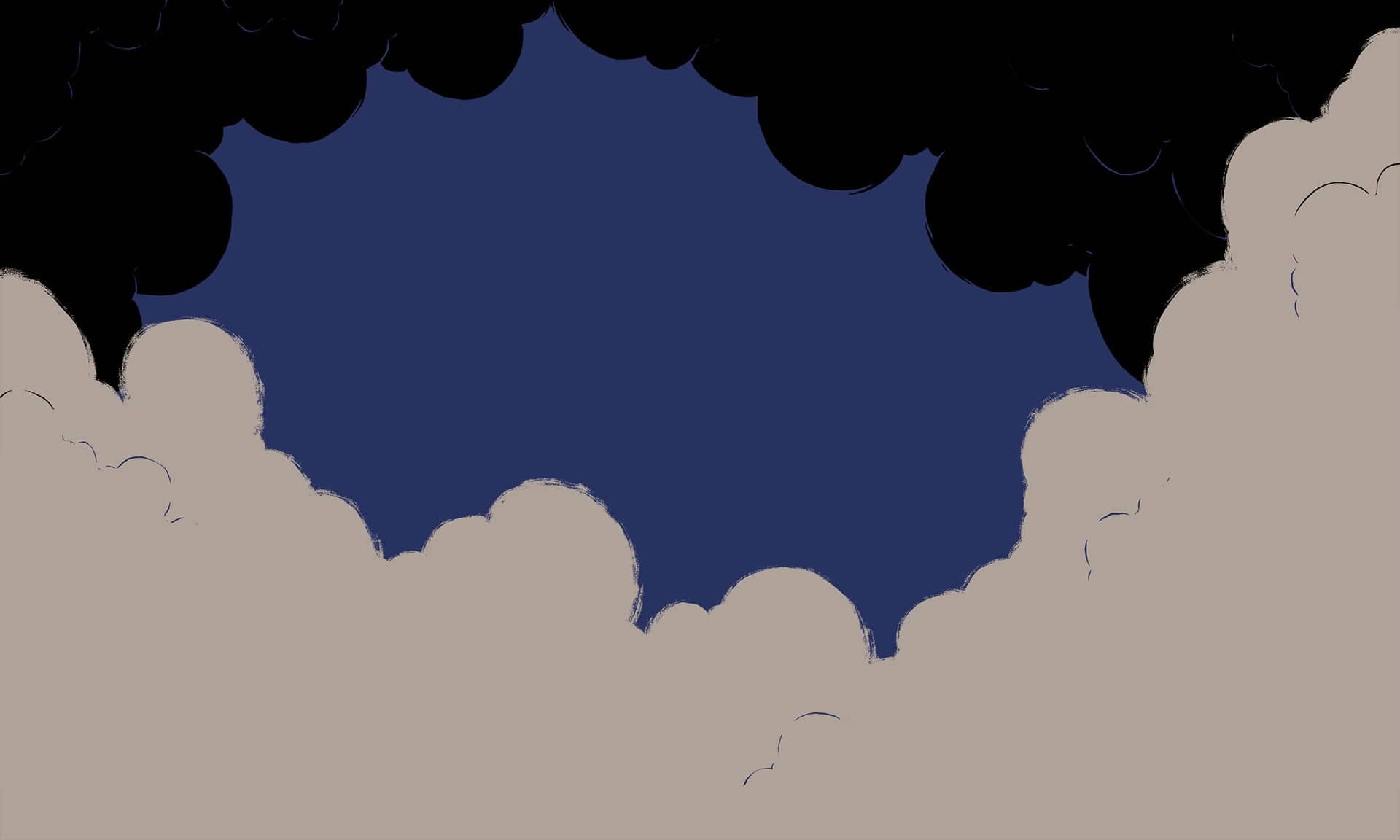
2015
26 years have passed since the Berlin Wall fell and the relationship between Russia and the West has returned to Cold War-era levels of hostility.
Each side has accused the other of aggressive behaviour. Russia thinks the arrogance of the US and its allies are responsible for the turmoil in Syria and the Middle East. In turn, the West has accused Moscow of acting with impunity in eastern Ukraine and Crimea.
Just a day after US president Barack Obama and his Russian counterpart Vladimir Putin met at the UN General Assembly in September, Russia launched a series of airstrikes in Syria. The Kremlin claimed they were targeting Islamic State militants, but the US has already raised concerns that those being targeted were opponents of Syrian President Bashar al-Assad.1
Putin’s motives leave a lot of questions unanswered: is he diverting attention from eastern Ukraine? Is he trying to bring Russia out from the global cold, forging a global partnership to save Syria? And where does this leave Iran, another nuclear player supportive of Assad?
Obama has said it’s in nobody’s interest to pursue a US-Russia proxy war in Syria2, whilst the Republican senator John McCain has said3 that this is already exactly what is happening.
Until recently, the bulk of the Kremlin’s international policy has focused on strengthening ties with pro-Russian territories. With his approval ratings soaring4, state media trumpets the glory of their demigod Putin.
Meanwhile, 32-year-old computer hacker and former NSA employee Edward Snowden continues to be held in a state of perpetual limbo in Moscow. The American has been charged with espionage of the highest order by his government, and is refusing to return home having been granted asylum in Russia.
Information is the new battlefield. Hackers from China to the UK are the new spies. US intelligence agencies have been exposed by Snowden for conducting widespread surveillance on their citizens and cyber “hacktivists” Anonymous International have gone to great lengths to attack5 – and embarrass – the Russian government.
Is this what Cold War 2.0 looks like? And what could happen next?
A New Iron Curtain?
During the Cold War, the Iron Curtain separated Europe from the Soviet Union, with Germany on the front line. Now, according to Al Jazeera6, a new Iron Curtain has been erected as Russia attempts to bring sympathetic factions across Moldova, Georgia and Ukraine into the fold. The borders are less rigid, but the borders are still fraught.
To the west of Russia lie the Baltic states – Estonia, Latvia and Lithuania – three countries unwilling to be branded “post-Soviet”. All have pledged allegiance to the EU. Estonia is home to NATO’s easternmost base and has presided over relative peace on the border with Russia until now.
Both sides are bolstering their armies and tensions are escalating as Russian reports warn that the US are preparing for “hybrid war”7 by investing in a “spearhead force” of 4000 soldiers to defend the region.
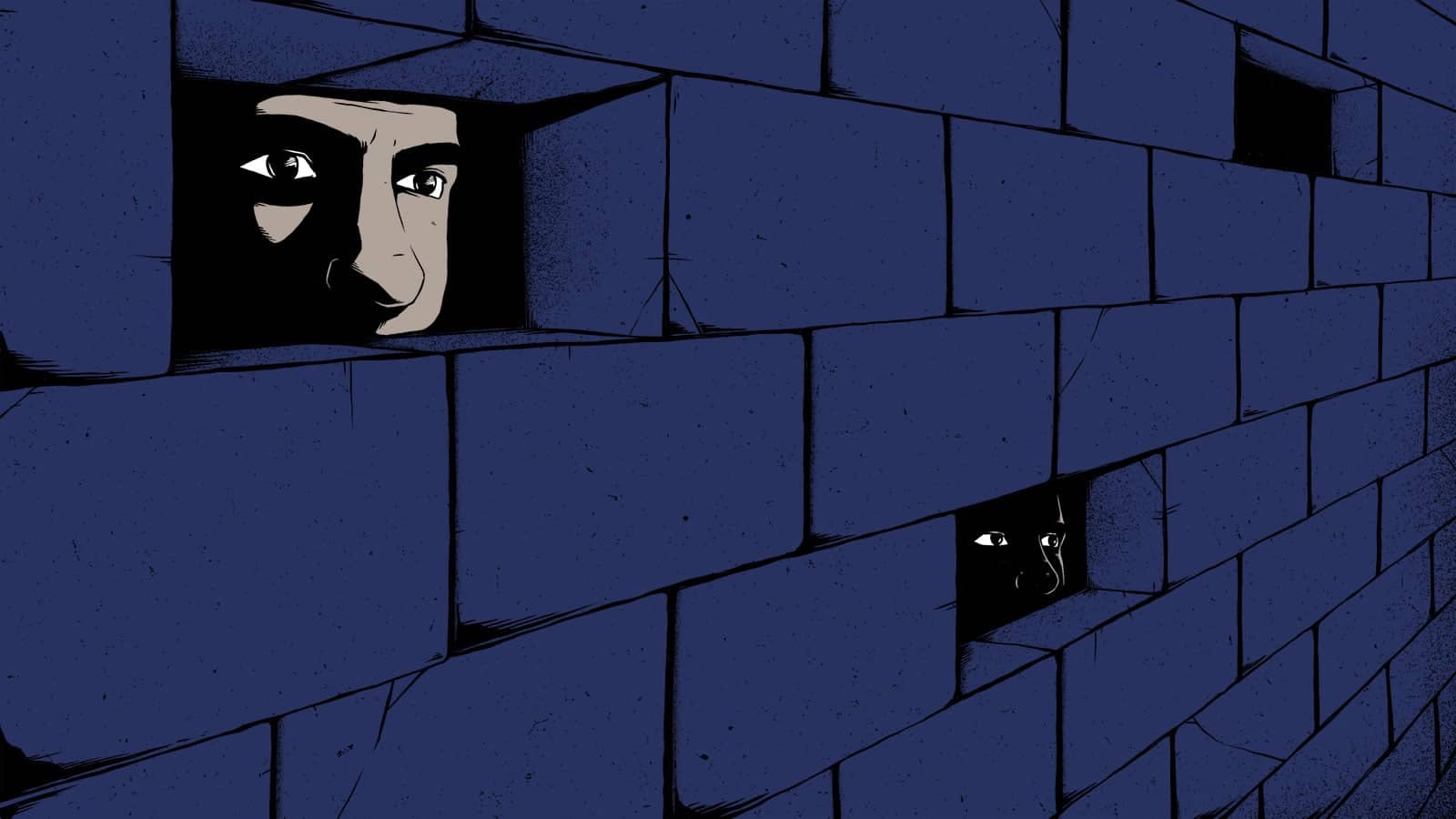
Meanwhile, Russia has turned its attention back to Kaliningrad, a Russian enclave sandwiched between Lithuania and Poland. It’s Russia’s strategic “trump card”8, according to Radio Free Europe, who say that the sheer number of troops and weapons – including nuclear missiles – makes it the most militarised location in Europe.
The Baltic states are worried. Is a Russian invasion imminent? All have requested NATO presence on their soil; Lithuania has reintroduced conscription9 and published a 98-page dossier10 advising their citizens on “how to act in the extreme circumstance of war”.
In Estonia, where ethnic Russians make up a quarter of the population, recent events hark back to the original Cold War. In September last year, an Estonian soldier was kidnapped11 across the Russian border in a haze of grenade smoke and jammed phone signals. The recent exchange of two convicted spies on a remote bridge12 on the border of the two countries was just as reminiscent of the good / bad old days.
Estonia On “war footing” after family maimed by Russian friendly fire
January 2016
The government of Estonia has taken the unprecedented step of placing its country on an official war footing after a family were injured by a Russian friendly fire near its border. Two of them remain in a critical condition.
Russian president Vladimir Putin formally apologised, but the move was described as an act of “unwarranted aggression” by his Estonian counterpart Toomas Hendrik Ilves.
The country has become the faultline between NATO and Russian powers as both sides have invested heavily in their military presence there over the past two years.
The as yet unnamed family of five were picnicking near a church on the border when they were hit by a round of machine gun fire.
The “war footing” decision carries the full backing of the European Union.
The neighbouring countries of Lithuania and Latvia have also expressed their support for Estonia but haven’t said yet whether they will follow suit. All three countries requested an expanded NATO presence after Russia annexed Crimea in 2013.
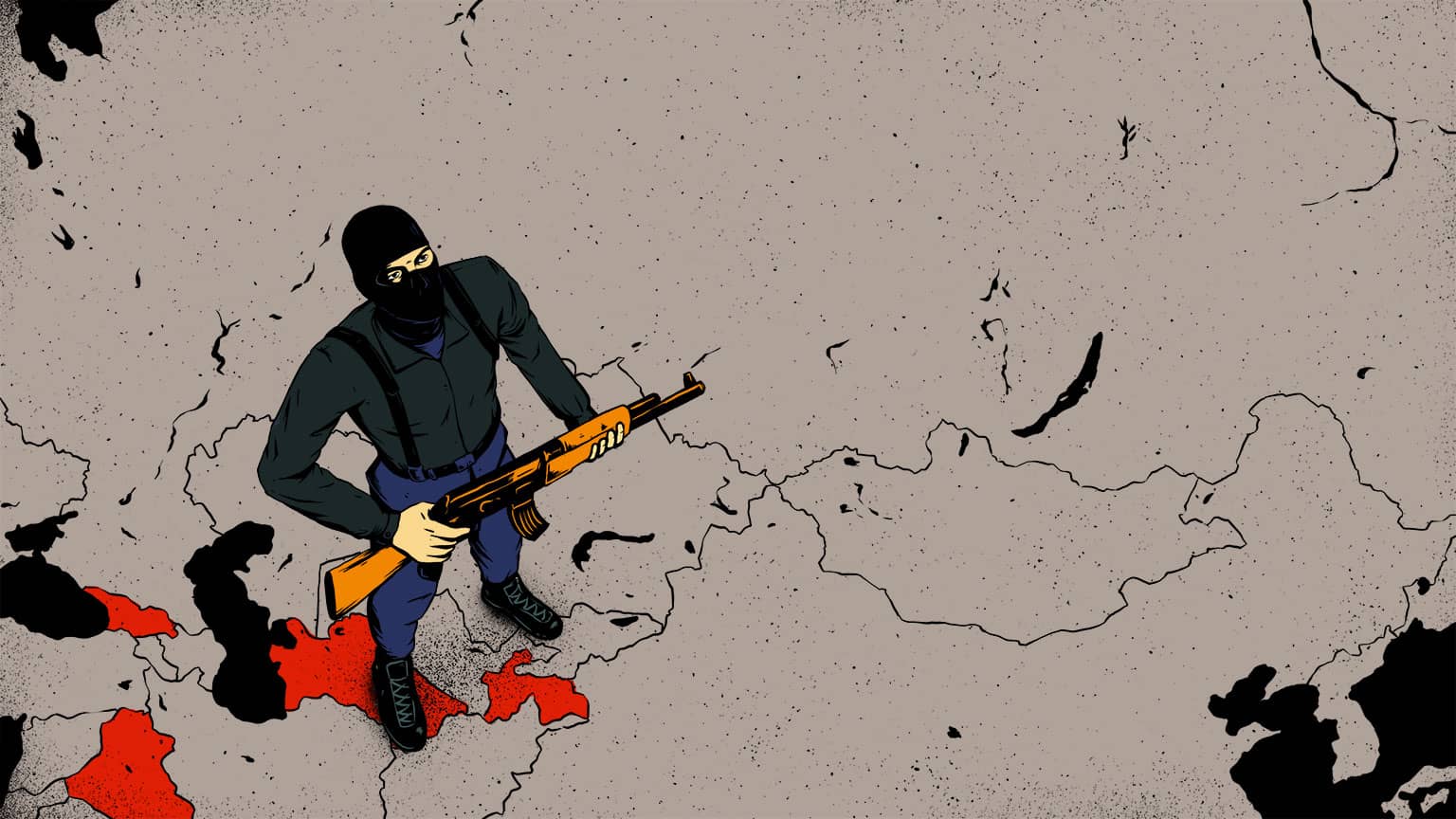
The West’s “relentless” nuclear expansion
Not all the blame lies with Russia. “Cold War 2.0 is a creation of the west”, argues Russia Insider13, pointing to their relentless expansion of military programmes in the east.
NATO’s encroaching nuclear programme now not only includes the Baltic States, but also countries like Romania, Bulgaria, and Slovenia.
From the 1990s until recently, Russia was off its war footing as it rebuilt from the ashes of the USSR. As western powers continued their "war readiness" exercises unabated, Putin, Russia Insider concludes, had no choice but to react.
Cold War 1.0 in 2015?
To Russia’s far east a very different type of tension is brewing as North Korea, a communist stalwart, prepares for the 70th birthday of the Korean Workers Party on October 10th.
Diplomatic tensions between South Korea are on a knife edge. North Korea has threatened nuclear attacks14 “at any time”, even while thousands of its citizens are too hungry15 to think about anything but their basic survival.
Just this week, officials showed CNN around the dictatorship’s “space programme”. North Korea insists its intentions for this programme are peaceful, but global observers are concerned that they are developing technology capable of firing a nuclear warhead to any part of the planet.
In March, Pyongyang announced that 2015 would be the “year of friendship”16 with Russia. One country that was rankling the West - over nuclear weapons - was reaching out to another.
North Korea claim Russian support as they carry out fourth nuclear test
November 2015
It was expected on 10 October, the 70th anniversary of the Korean Workers Party, but in reality it came a month and five days later.
After the posturing of the late summer turned out to be just that, North Korea has launched its fourth nuclear test in direct retaliation to US and South Korean “provocation”.
State-run media company KCNA reported a “successful” test that would show the US “puppets” and their allies that they were a formidable force. Both countries had just backed a motion at the UN security council to interrogate the country’s human rights record further.
North Korea went on to claim they had the direct backing of their “friends” in Russia. KCNA has previously said the two countries were “energetically pushing forward in many fields… including politics, economy, culture, education, arts and sports.”
The Kremlin has not responded for comment, but have previously condemned North Korea’s nuclear recklessness. The communist state pulled out of the global non-aggression pact on nuclear weapons in 2003.
Global observers breathed a collective sigh of relief when the anniversary celebrations were revealed to simply be thousands of citizens celebrating on the streets of the capital, Pyongyang.
Conflict Rages in Ukraine
A year before North Korea’s ‘gushing friendship’ announcement, Ukraine was being torn apart. The Russian-backed president, Viktor Yanukovych, was ousted by a popular uprising over17 his refusal to work with Europe. He was replaced by Petro Poroshenko - regarded by pro-Russian factions as a Western stooge.
In March, Russia would escalate tensions by forcibly annexing Crimea, the Black Sea peninsula, formerly part of Ukraine. The West saw the move as expansionist and aggressive. For Putin, it was a triumph of “amazing patriotism”18 - reuniting Crimeans with their spiritual homeland. In a snap referendum, 95.5% of Crimeans voted19 to stick with their new leader.
Fighting would then break out in the east of Ukraine, as pro-Russian rebels fought against their own government for control of the region. As the violence raged, the casualties mounted.20
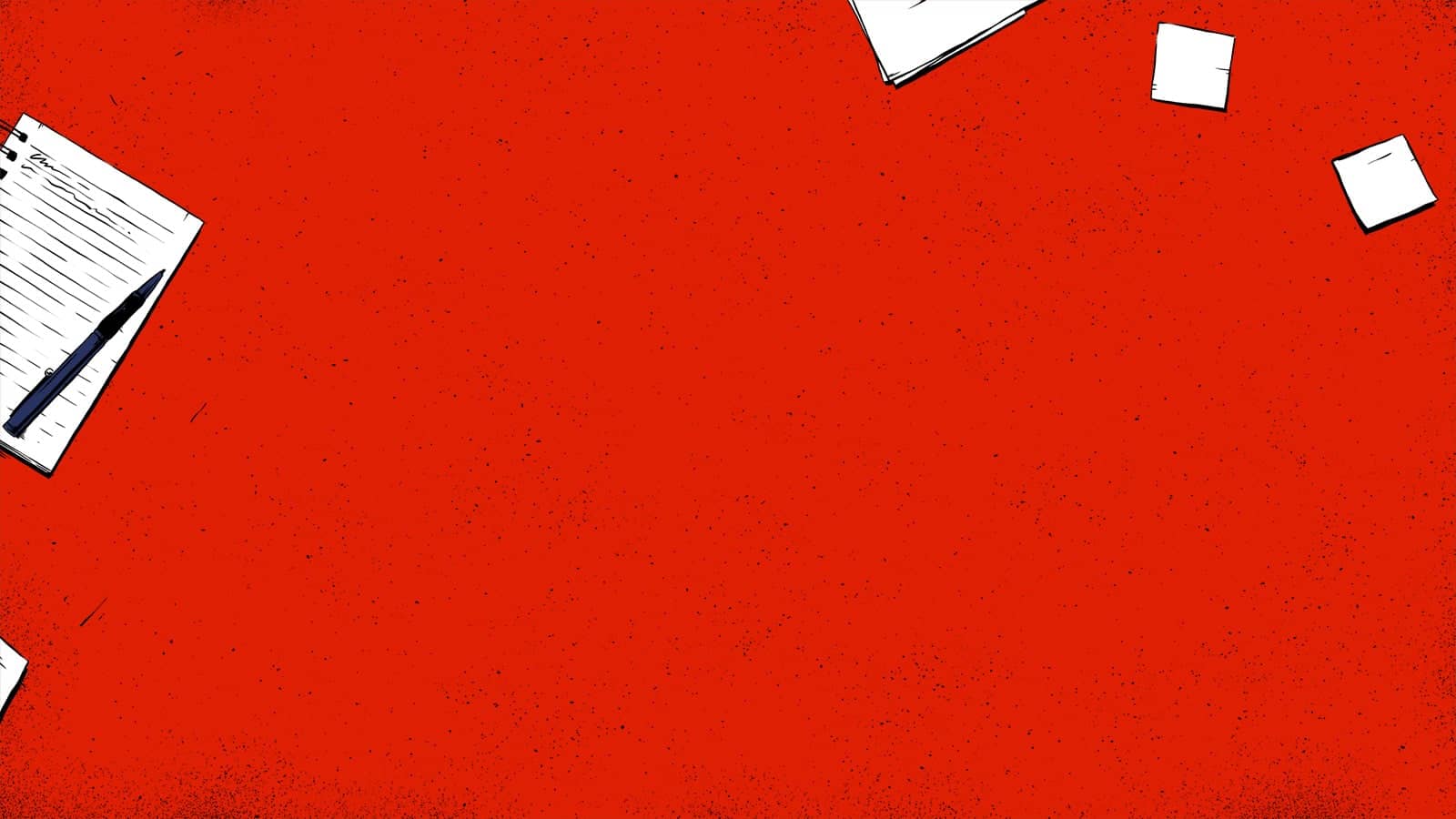
Shot out of the sky
In June, 283 passengers flying from Amsterdam to Kuala Lumpur would become tragic victims of the conflict, when their passenger jet was shot out of the sky21 over the village of Grabovo, in eastern Ukraine.
Bodies, some still strapped to plane seats, littered the crash site. Teddy bears, tourist guides and photo albums fell on fields of sunflowers.
As grisly scenes flooded the international media, the suspicion quickly fell on an anti-aircraft missile fired by Ukrainian separatists – gifted to them, allegedly, by the Russian army. Within hours the United States warned there would be “hell to pay”22 if it transpired to be true.
Then, a self-trained British analyst who cut his teeth on Syrian war YouTube footage, emerged. The investigator, who went by the moniker Bellingcat, was one of the experts who turned to social media images to try and establish what happened. They were looking for the Buk missile system.23
Bellingcat - real name Elliot Higgins24 - and his team trawled through hundreds of Facebook, YouTube and Twitter pictures, honing in on their exact locations. Pictures of the weapon in question were posted on social media and traced to the crash site on the day the plane went down. A day later a Buk was spotted missing a missile.25
Higgins concluded26 that there was “undeniable evidence that separatists in Ukraine were in control of a Buk missile launcher", which was almost certainly supplied by the Russian army - claims strongly denied by the Kremlin, to this day.
Tit-for-Tat sanctions
Appalled by what it saw as Russia’s impunity over events in Ukraine, the West quickly scrambled to impose sanctions27. Banks were denied access to loans from Europe, arms deals were frozen and oil firms were targeted. The Russian economy was tanking, and the West had gone for the jugular.
Incensed by “aggressive", unwarranted penalties, Russia hit back, banning western food imports, including milk, dairy, meat and fish. “We were forced into it” insisted Prime Minister28 Dmitry Medvedev, as parmigiano reggiano fans came to terms with the fact they would have to turn to the black market for their favourite cheese. Western imports like McDonald's – which arrived in Russia29 in the Soviet Union’s dying days – were heavily scrutinised.
The Kremlin also used the opportunity to promote pride in the produce “Mother Russia” had to offer. A year on, the government celebrated by bulldozing a mountain of contraband cheese but reports suggest that sanctions had begun to bite.30
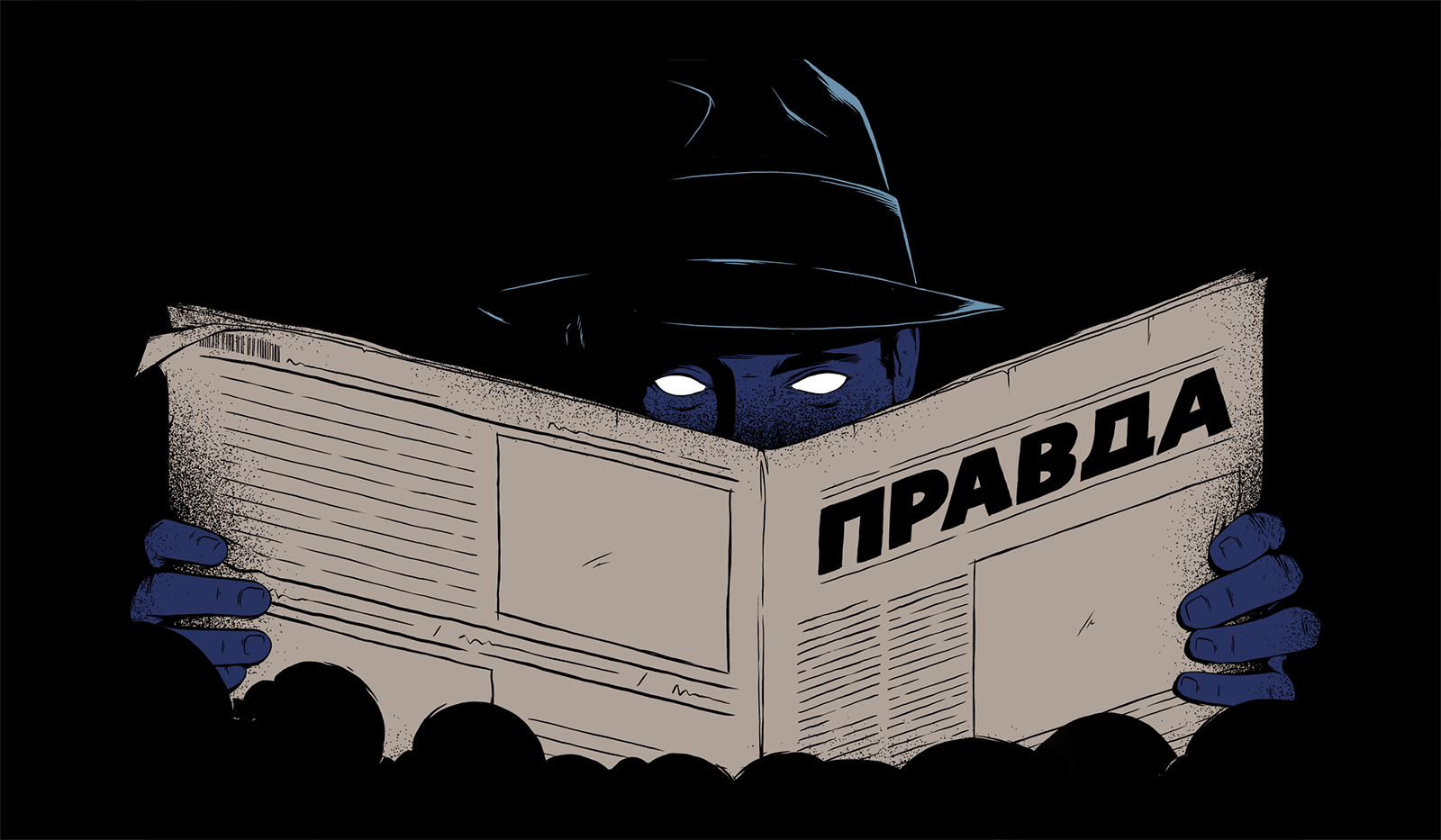
The Information Frontier
If the tussle over territory, spy swaps, tit-for-tat sanctions and proxy war sound familiar to students of the Cold War, the battle over information should also ring true.
The Soviet Union’s official newspaper, Pravda - meaning ‘truth’ – was derided by Soviet enemies for containing nothing of the sort.31 Fast forward 25 years and Putin has all but strong-armed the independent media out of the country as the Kremlin’s propaganda machine RT, formerly Russia Today, expands globally – it claims 700 million viewers in over 100 countries.32
When opposition politician leader Boris Nemtsov was shot dead a stone’s throw from the Kremlin in February, their editorial line was immediately clear. “What goes without saying is that this is a 100% provocation” said leading anchor Dmitri Peskov33. He could only mean one thing, wrote Time Magazine34: that the murder was “staged by Russia’s enemies, not to silence the victim but to discredit the regime he opposed”.
Early reports of MH17 were equally controversial, as they prioritised a shaky eyewitness account that blamed Ukraine. It was too much for one journalist, who resigned dramatically.
“I am for the truth”, tweeted Sara Firth, later telling the Guardian35 that, “It was the most shockingly obvious [piece of] misinformation and it got to the point where I couldn’t defend it any more.”
The Rise of the Troll Army
As Putin founded RT in 2005, a host of opposition journalists were being squeezed out work. These journalists turned to the Internet – a platform not available to Soviet dissenters – to write freely about politics.
Suddenly, a host of “internet research” positions sprung up on jobs boards around St Petersburg and comments on anti-government blogs multiplied exponentially.36
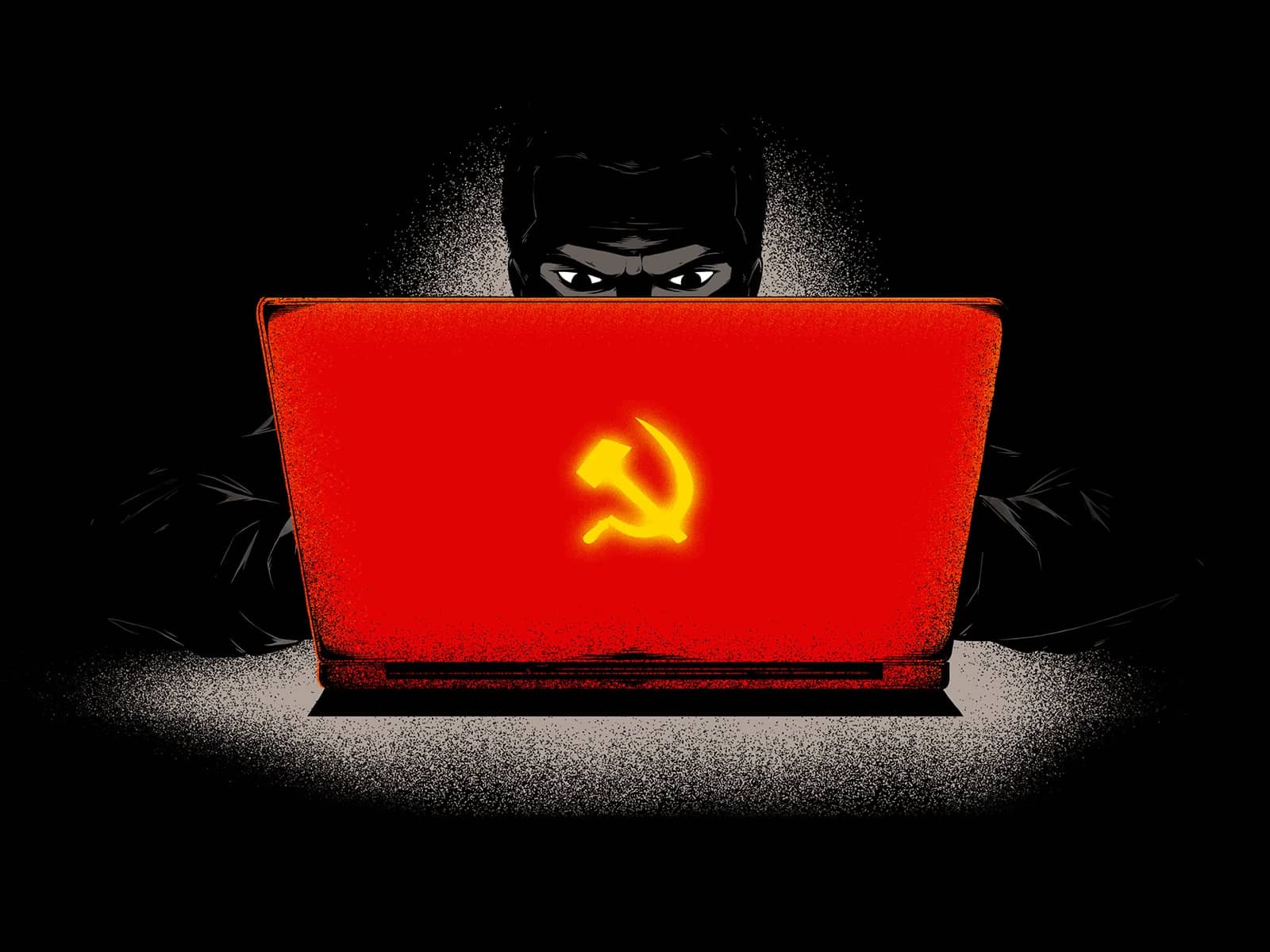
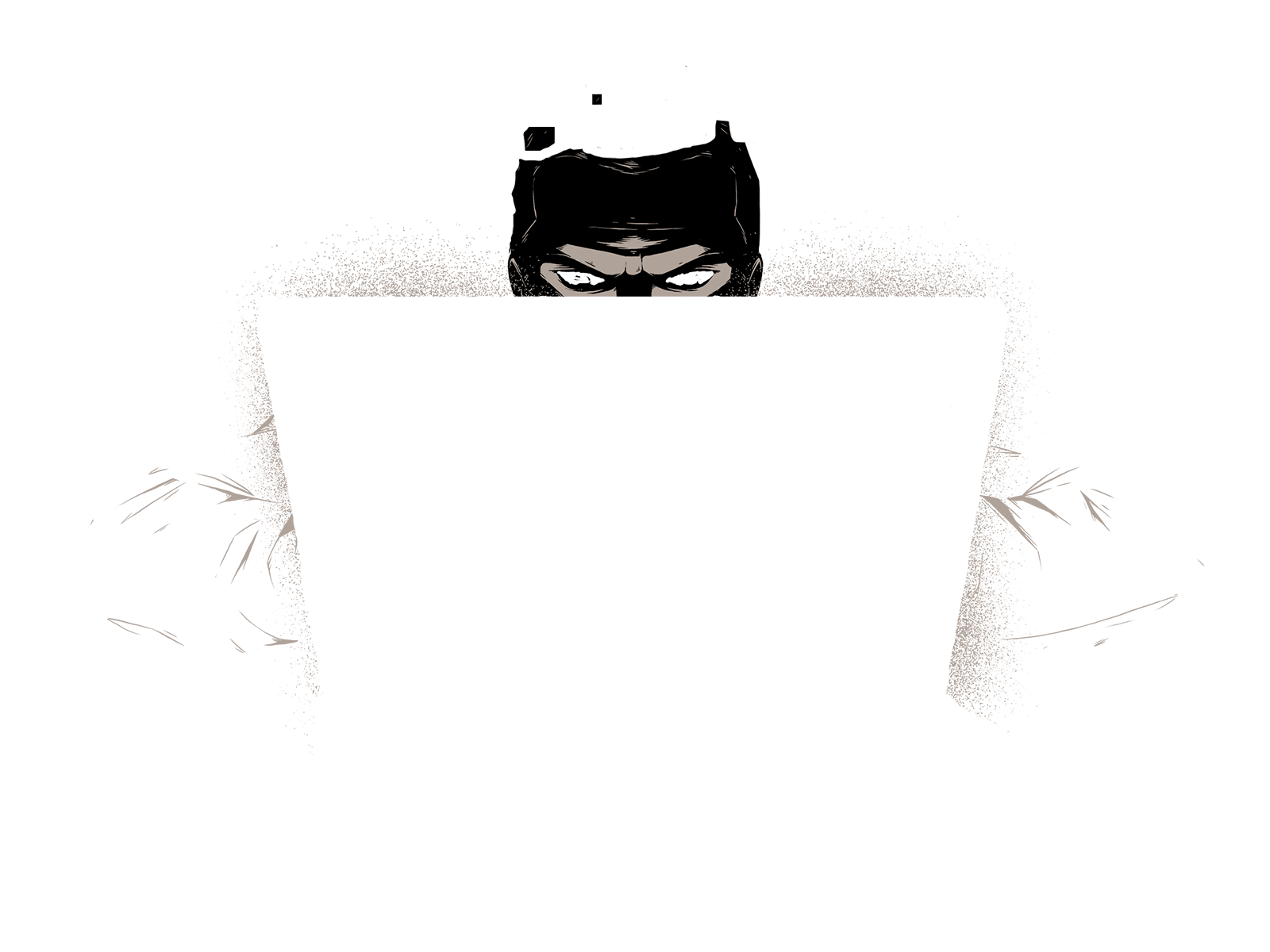
Trolls morph into vigilantes and attack protesters at opposition rally in Moscow
May 7 2016
A protest turned sour over the weekend after a group of online trolls stepped out of their virtual reality to disrupt a rally in central Moscow.
Objects were hurled at the 1000-strong crowd who had gathered to mark four years since the “May 6th protests” against the re-inauguration of President Vladimir Putin. Many of the ring leaders remain in prison.
The police intervened, but not before 10 people were taken to hospital for their injuries. None of these injuries were thought to be life threatening.
A bystander who did not wished to be named said he had overheard that the offending group were given a stipend to travel from St Petersberg by their employers at the Internet Research Agency, a company accused of cultivating “troll factories”
In 2014, documents leaked by Anonymous International pointed to an orchestrated campaign to influence positive opinions of the government online. Pro-Kremlin youth groups, who had previously worked on on-the-ground campaigns, quickly filled up the positions.
Putin is running for a fourth term in 2018 and his popularity levels remain at an all time high, as critics say he is slowly tightening his grip on political freedom to maintain this position.
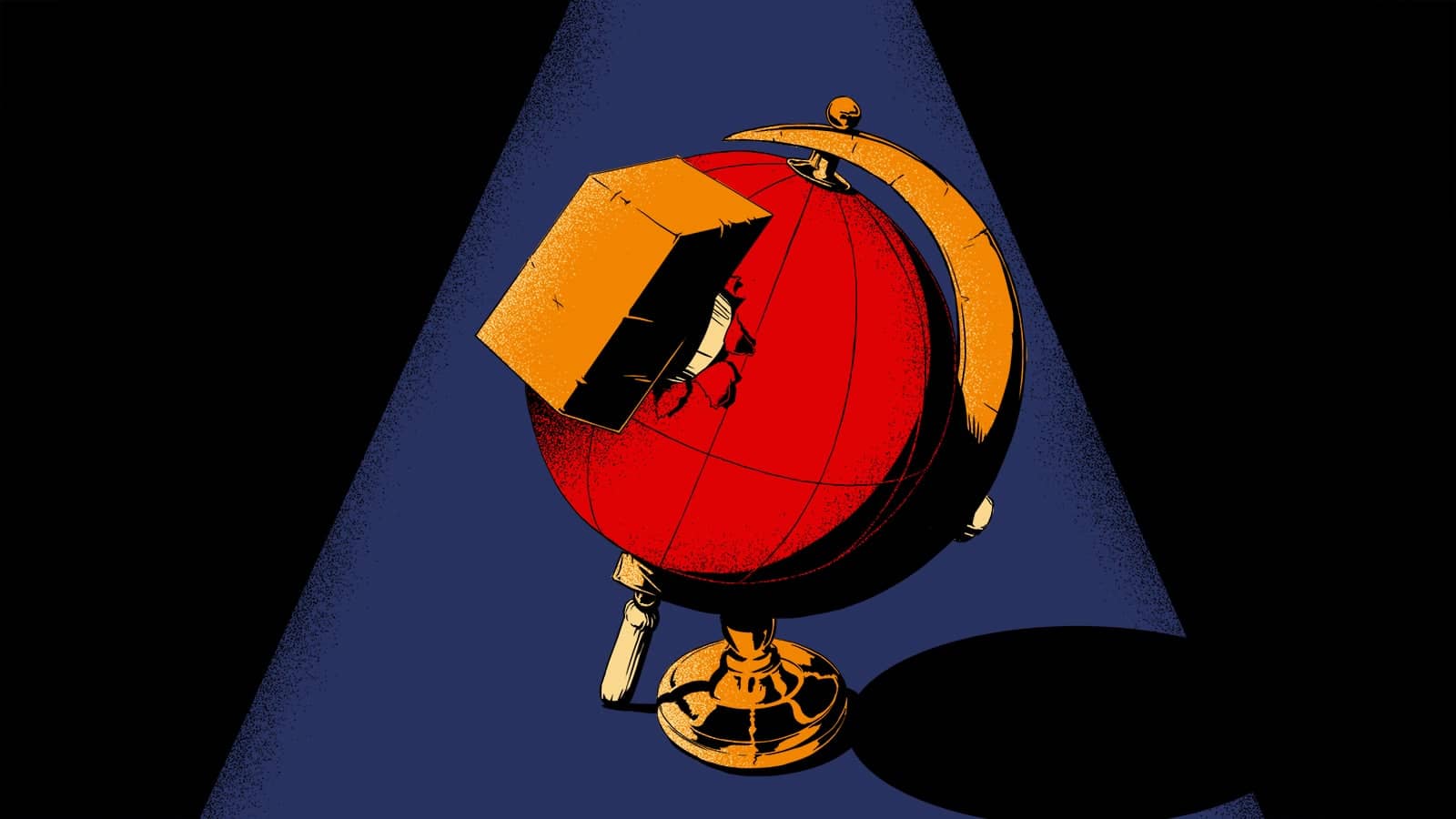
The Rise of the Troll Army
(continued)
The Internet Research Agency, a company run by a Kremlin crony37, was co-ordinating an army of pro-Putin trolls to attack major Western news sites. Anonymous International were a thorn in the side of the Russian government, who at this stage were going to great lengths to control their image from at home and abroad.
They exposed politically embarrassing details of government plans to orchestrate a rally in "public support", reported Meduza38, and embarrassed Medvedev by hacking into his Twitter account before announcing to his 2.5 million followers: “I’m resigning. I am ashamed of this government’s actions.
“Forgive me… I will become a free photographer. I've dreamed about it for some time”, the account went on, unbeknownst to the Russian Prime Minister, who was in Crimea with Putin at the time.
A spokesperson for Anonymous International (also known as Shaltai Boltai, meaning ‘humpty dumpty’), told Meduza39 that their actions were meant as a direct challenge to “restrictions on free speech online and with Russia’s aggressive foreign policy”.
Pro-Putin hackers promise imminent attack after compromising MI6 files
An anonymous group of cyber hackers claiming to be affiliated to the Kremlin have promised a full cyber attack on the UK capital after obtaining a “large amount of data” from GCHQ.
The hackers, known as e-nashi, have said they were disgusted with the "unacceptable levels" of surveillance MI6 were carrying out on Russian citizens living in London, and promised full scale retaliation.
They delivered their message by compromising the website and social media accounts of City Hall. For 10 minutes this morning users of london.gov.uk were treated to a message, written in Comic Sans, which said, "Don't get comfortable". Corresponding tweets were sent from @londonassembly, @mayoroflondon and @LDN_gov.
A full scale threat was later emailed to every member of the London Assembly.
The head of MI6, Alex Younger, has previously said that Britain is involved in a post-Snowden “arms race”, as people use technology to spy on the security services. The agency’s enemies include "terrorists, malicious actors in cyberspace and criminals"40, he added.
London's City Hall has warned that, "as we become more reliant on technology in our day-to-day lives, the impact of any accidental or deliberate disruptions to technological systems increases."
They are worried that an attack could target communications, transport and the emergency services. If combined with a terror attack the impact on the capital could be devastating.
There were fears that the Olympic 2012 opening ceremony would be targeted, but they never materialised.
There are an estimated 150,000 Russian expats living in London. Some are political exiles; some have left since the fighting in eastern Ukraine. Others are suspected of working for the FSB (formerly the KGB), which is still operational in the UK.
The more affluent amongst them recently featured on the BBC TV show, Rich, Russian and Living in London. Fox TV also covered them in Meet the Russians.
The Snowden Paradox
As Russia continued to tighten its grip on freedom of speech, Edward Snowden, a champion of free speech, was asking Moscow for political asylum.
It was 2013 and the former NSA worker had just blown open the biggest mass-snooping story in decades.41
Extending the hand of friendship to America's "enemy number one" - the man who had revealed just how far America’s surveillance of its own citizens went - had obvious benefits for Putin. At times, Snowden has seemed willing to play along.
He was wheeled out for the annual Putin-speaks-to-(pre-selected members of)-the-nation42, to pose a question about surveillance. Snowden was accused of being a plant43, greasing the wheels of the propaganda machine, but insisted his intentions were honourable.
Andrei Soldatov and Irina Borogan, who have studied the Red Web since the early days, go as far as to say44 that Snowden’s presence has given Putin the impetus to expand the Kremlin’s surveillance programme, the very antithesis of what he says he stands for.
During the 2000s, the Russian government became increasingly frustrated that the information on Facebook, Google, Twitter – still relatively free platforms of free speech – was being stored on servers outside Russia - servers which Snowden would later reveal were being monitored by the American government in unprecedented detail. This was an “intolerable situation” for Putin, Soldatov and Borogan argue.45
For his part, Snowden has spoken out against his host’s intentions (and the hostile environment for the gay community). “I don’t want to live here”, he said, through a video link to Norway46 earlier this month, after being awarded a prize for freedom of speech, “but exile is exile.”
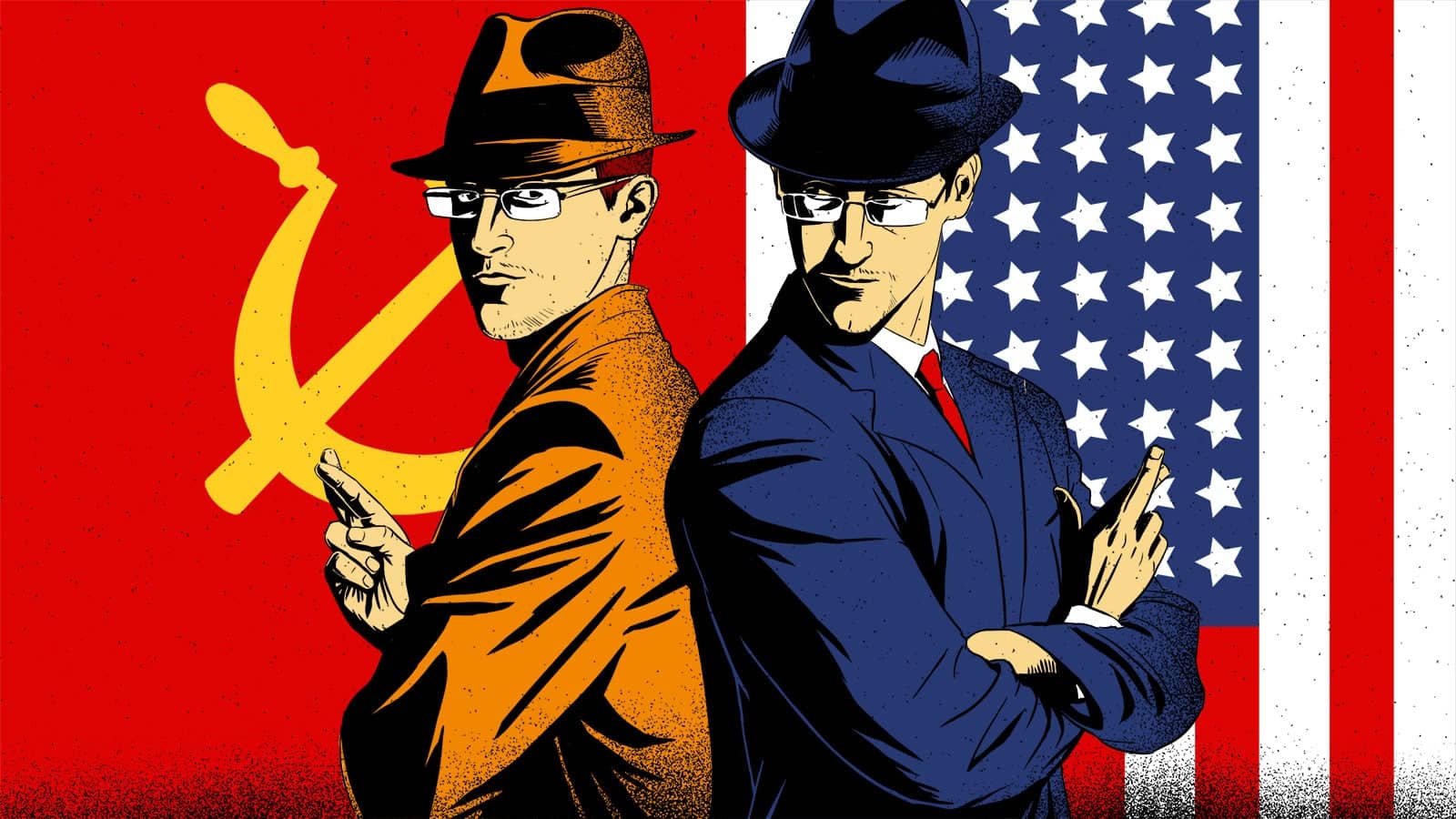
Edward Snowden held by Russia over “double agent” claims
September 2016
Russian state media have said they are questioning Edward Snowden over allegations that he may be a "double, or triple espionage agent.”
The 32-year-old will be held by the Russian courts for the next two weeks, based on evidence gathered through state intelligence, Interfax news reported. They did not say which government agency, or agencies, he is accused of working for, but speculation has settled on the US and China.
Snowden will be moved to the prison where Pussy Riot were held47 after their infamous protest in St Basil’s Cathedral, Moscow.
Those found guilty of espionage face up to 20 years incarceration under Russian law, but if the allegations are said to be true, the fate of such a high calibre inmate is sure to have input from the highest diplomatic order – even if that’s behind closed doors.
Washington has yet to comment on the arrest.
Campaign groups who worked with Snowden said they were confident there was no substance to allegations and that he would be released shortly. The former CIA worker has won numerous awards for championing freedom of speech since he spoke out against his former employers.
The ever-suspicious Fox News48 questioned whether America was "getting played" when Snowden first blew the whistle from a safe haven in Hong Kong. They were sceptical about the unprecedented levels of information the low-level CIA employee said he had access to.
The US channel also highlighted a convenience in the fact that the revelations about the NSA had overshadowed news that China was spying on the American government. The diplomatic relations between the two countries were rocky and Snowden, they concluded, was presiding over the "apex".
In September, Snowden said that in an ideal world he would be living in the US but that the charges against him had prevented him from returning. Whether Moscow is still a safe haven remains to be seen.
